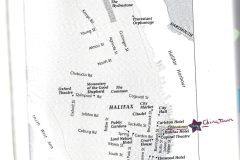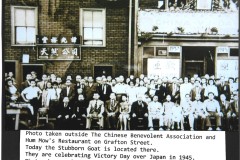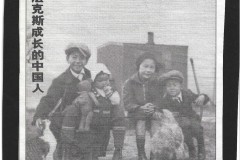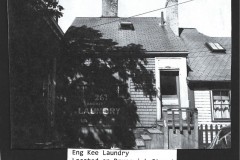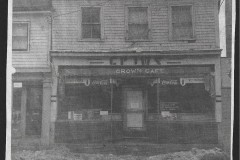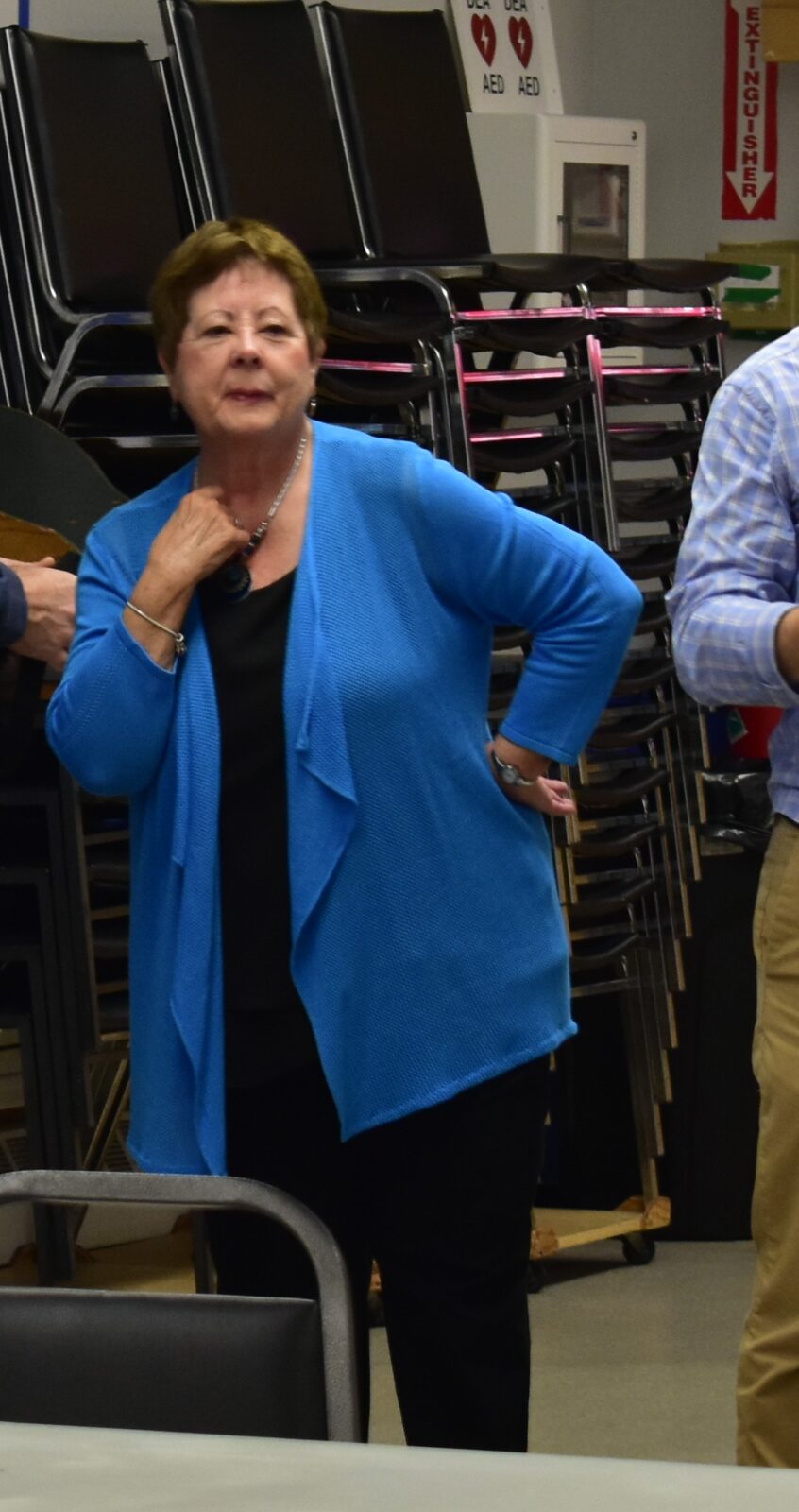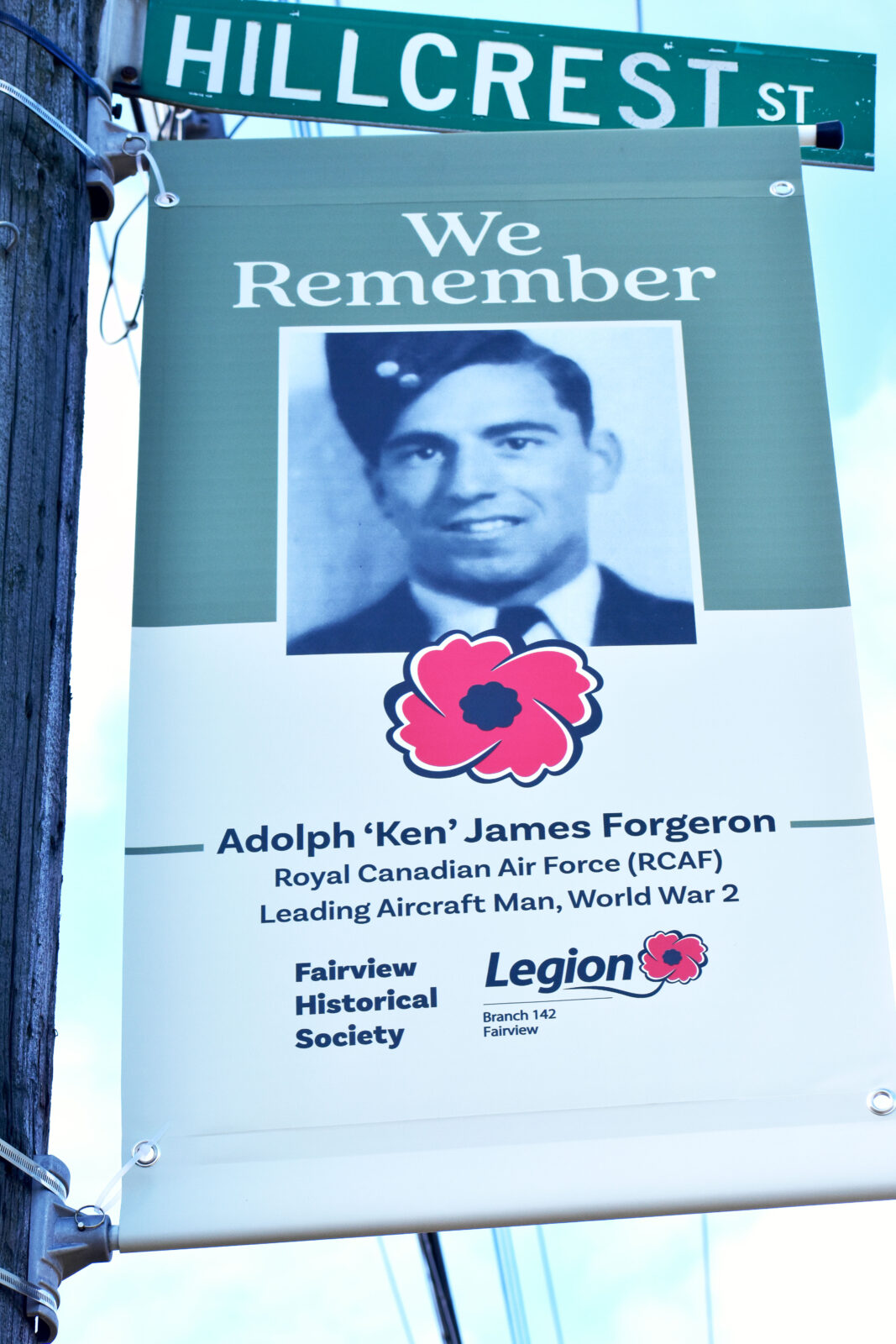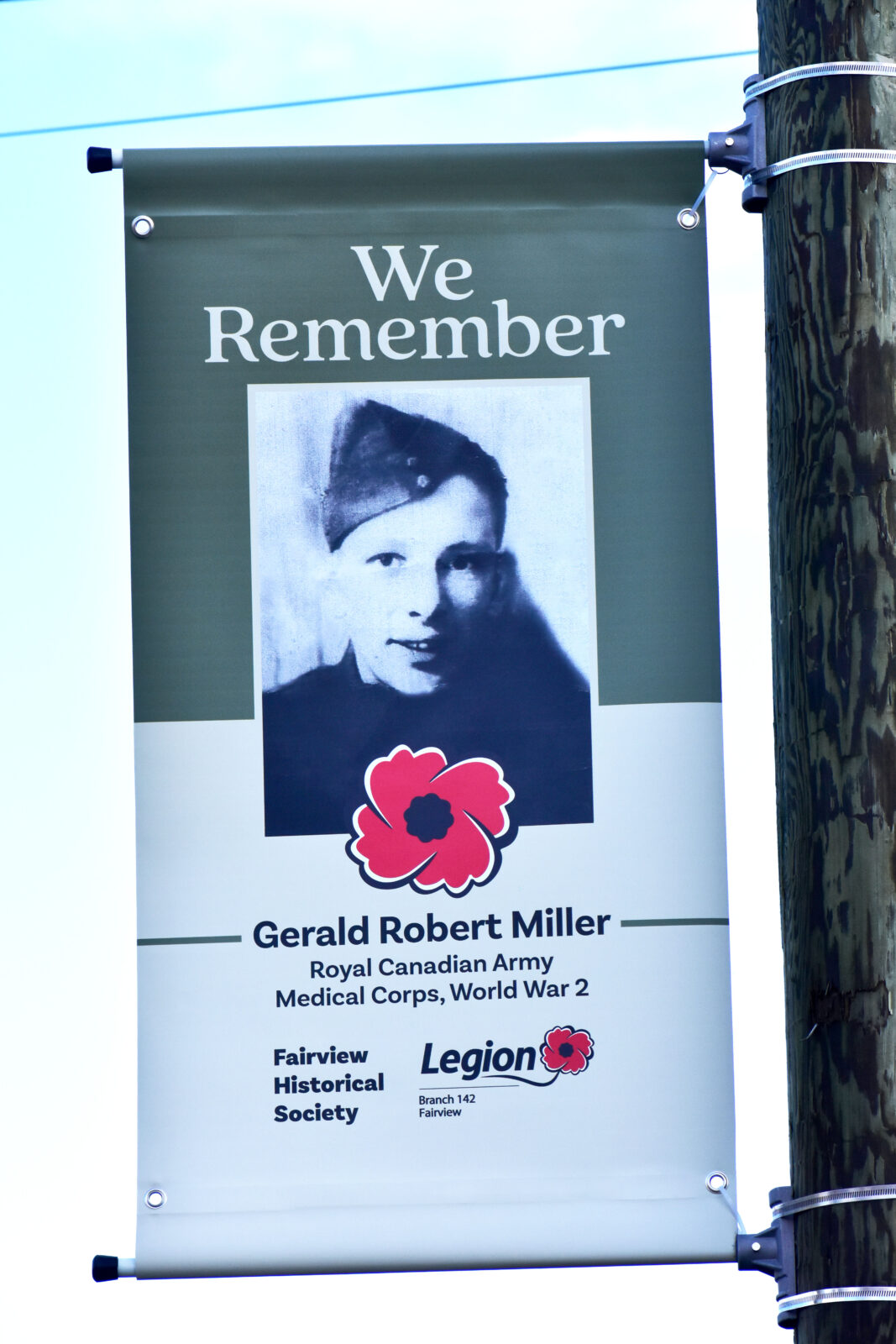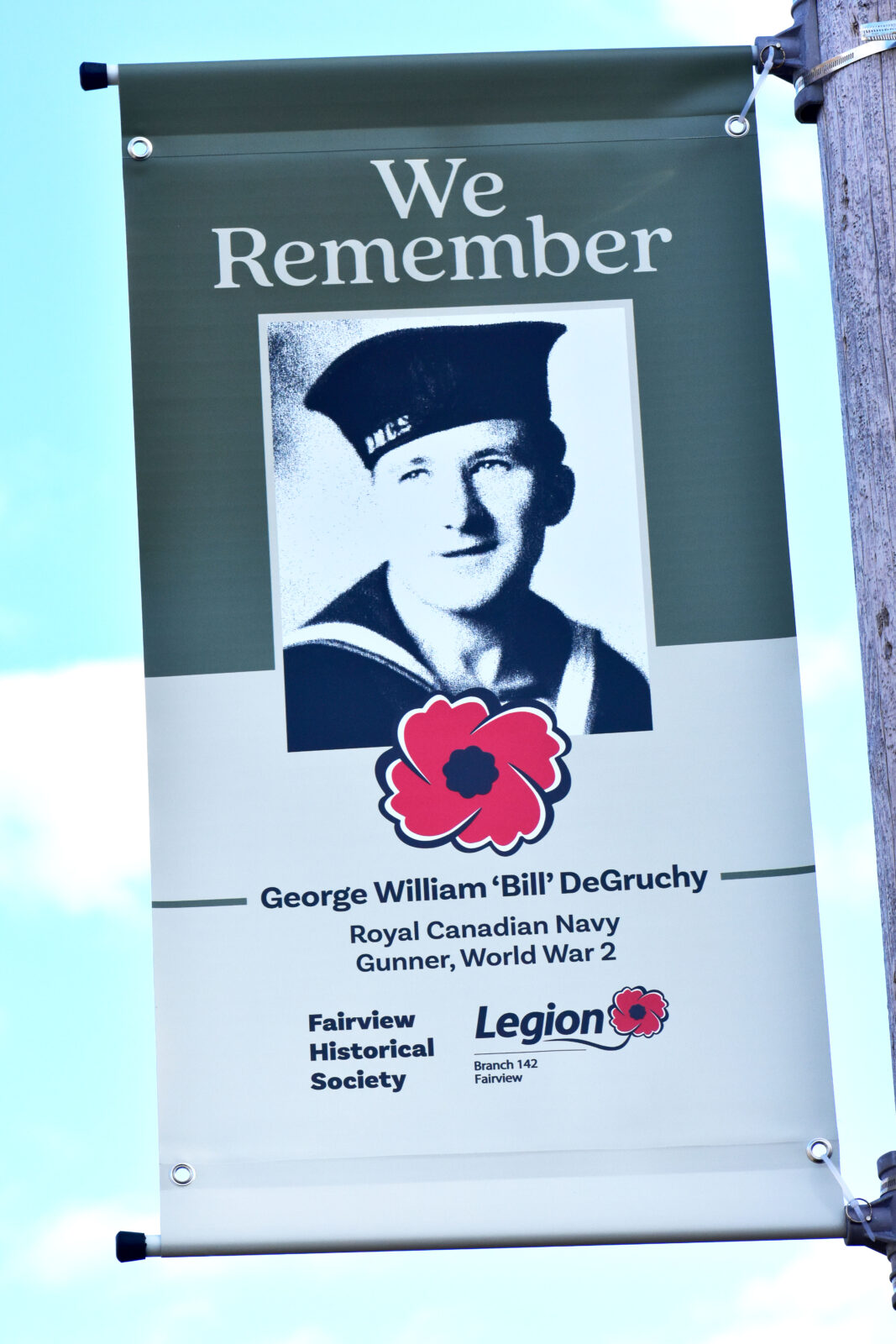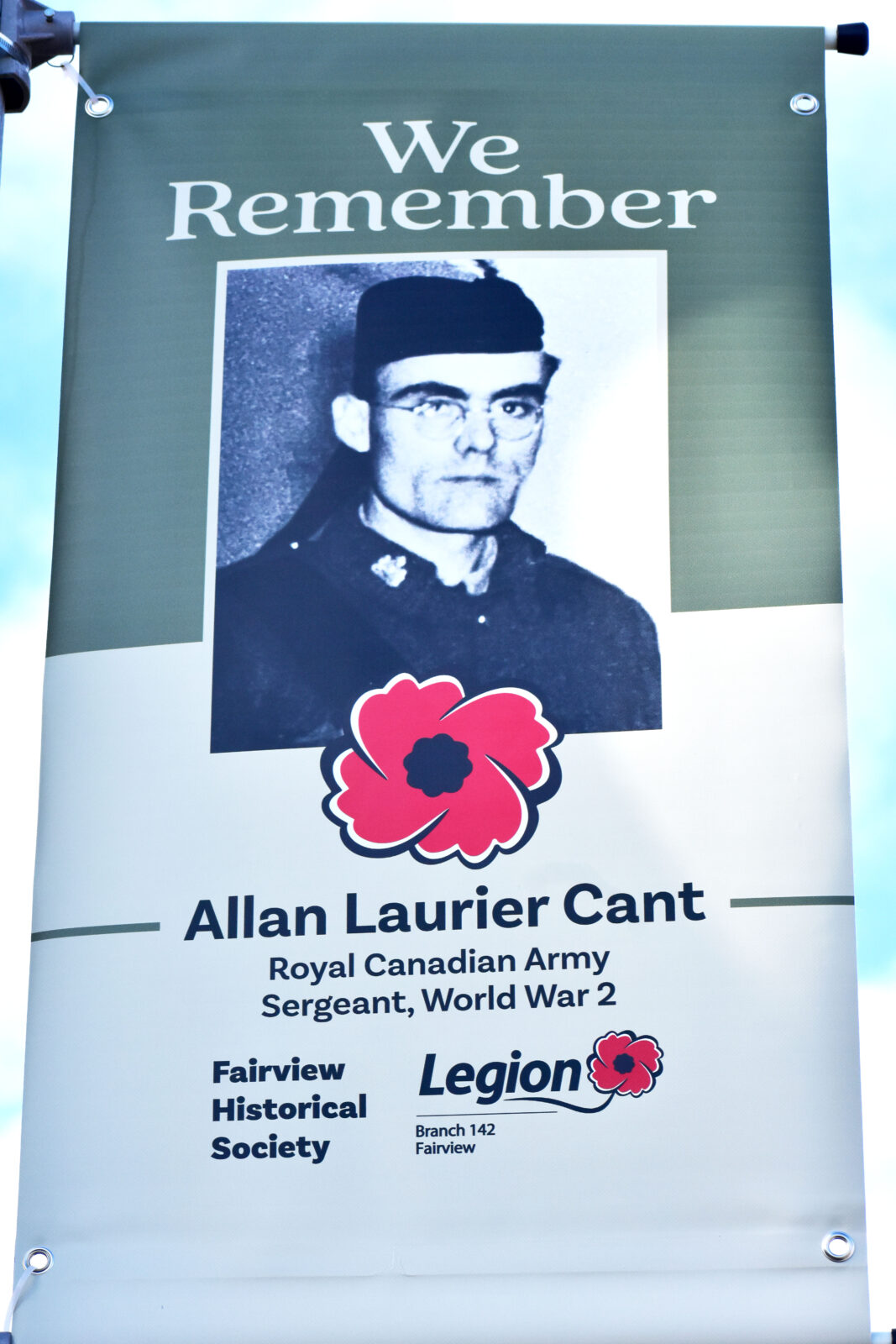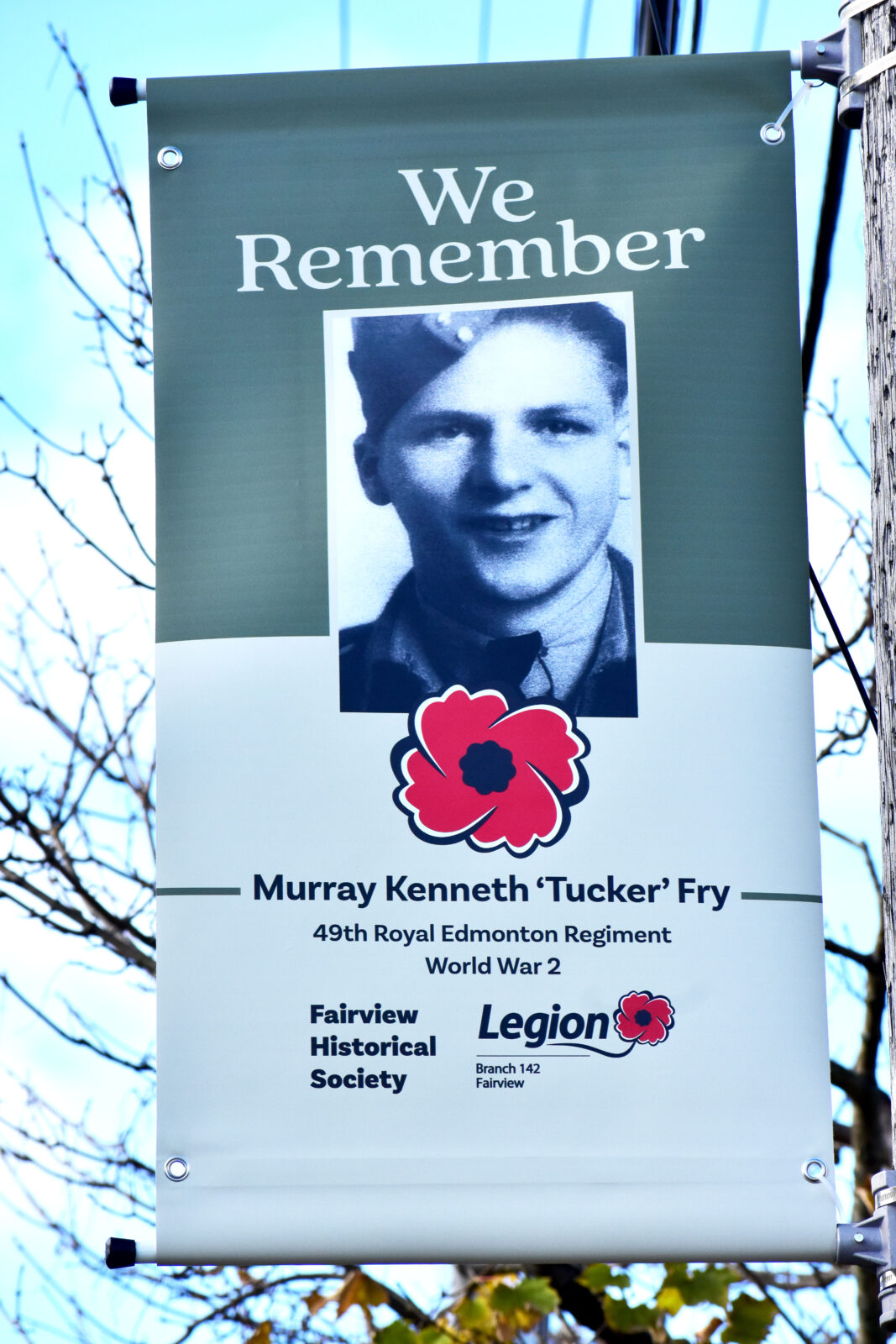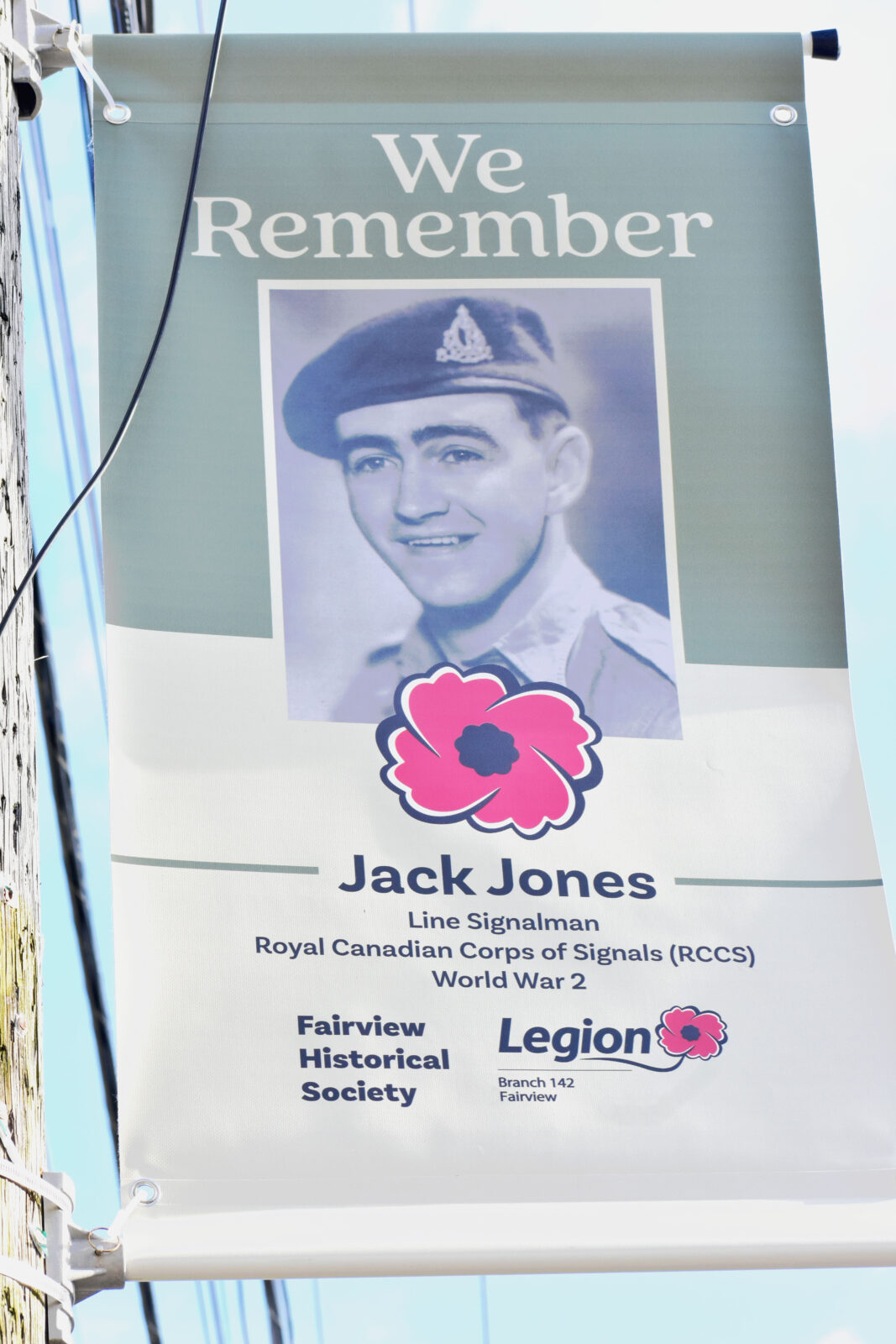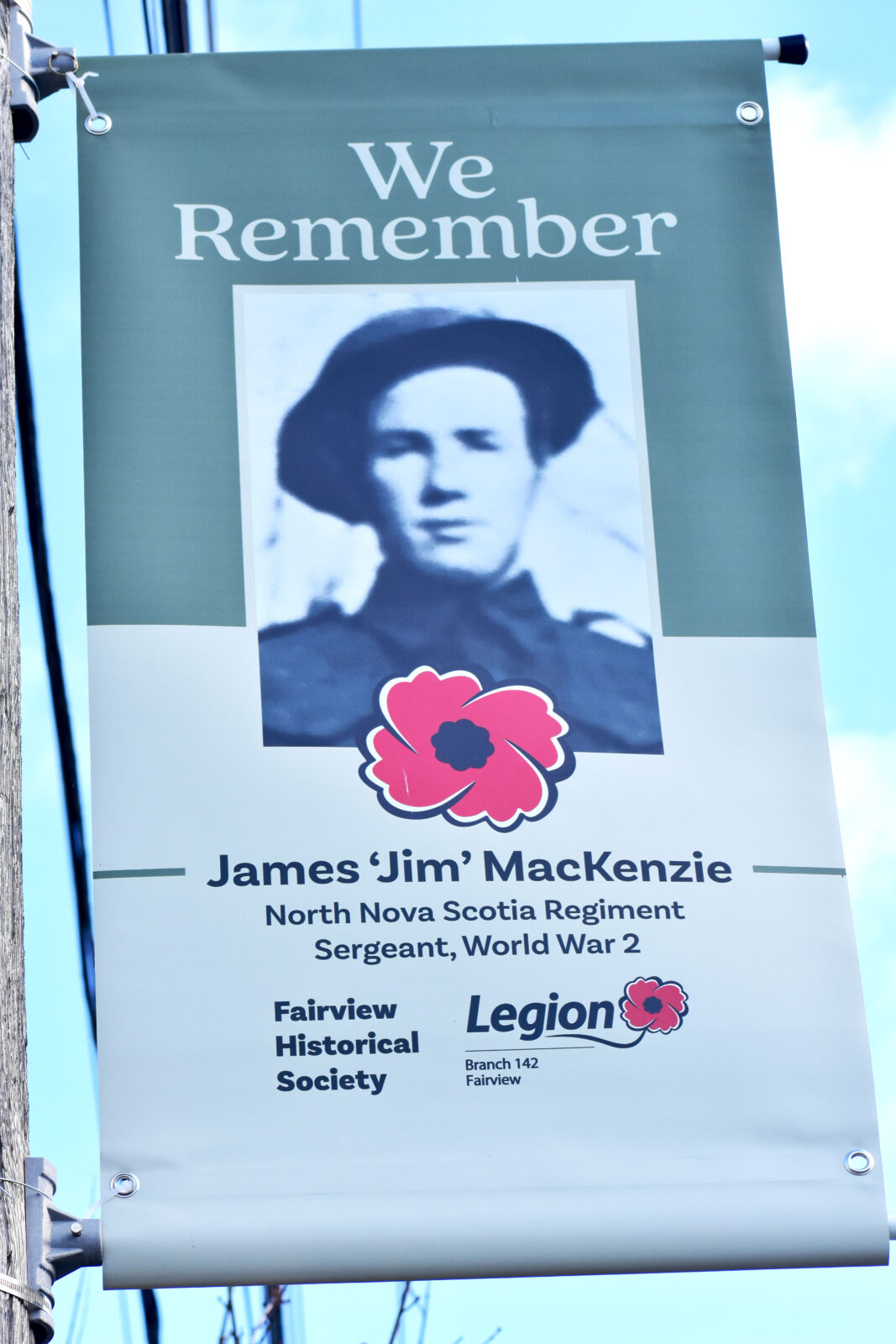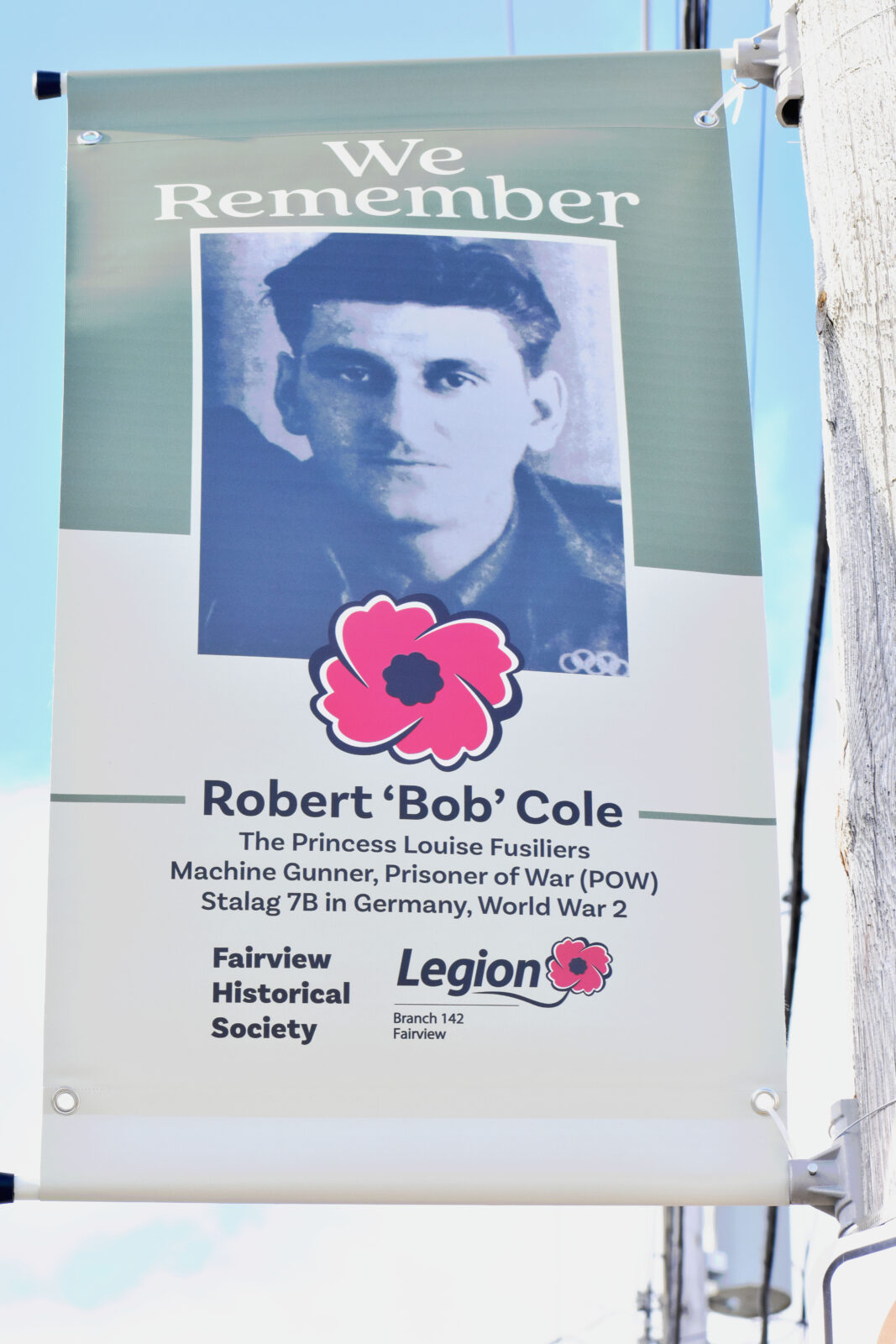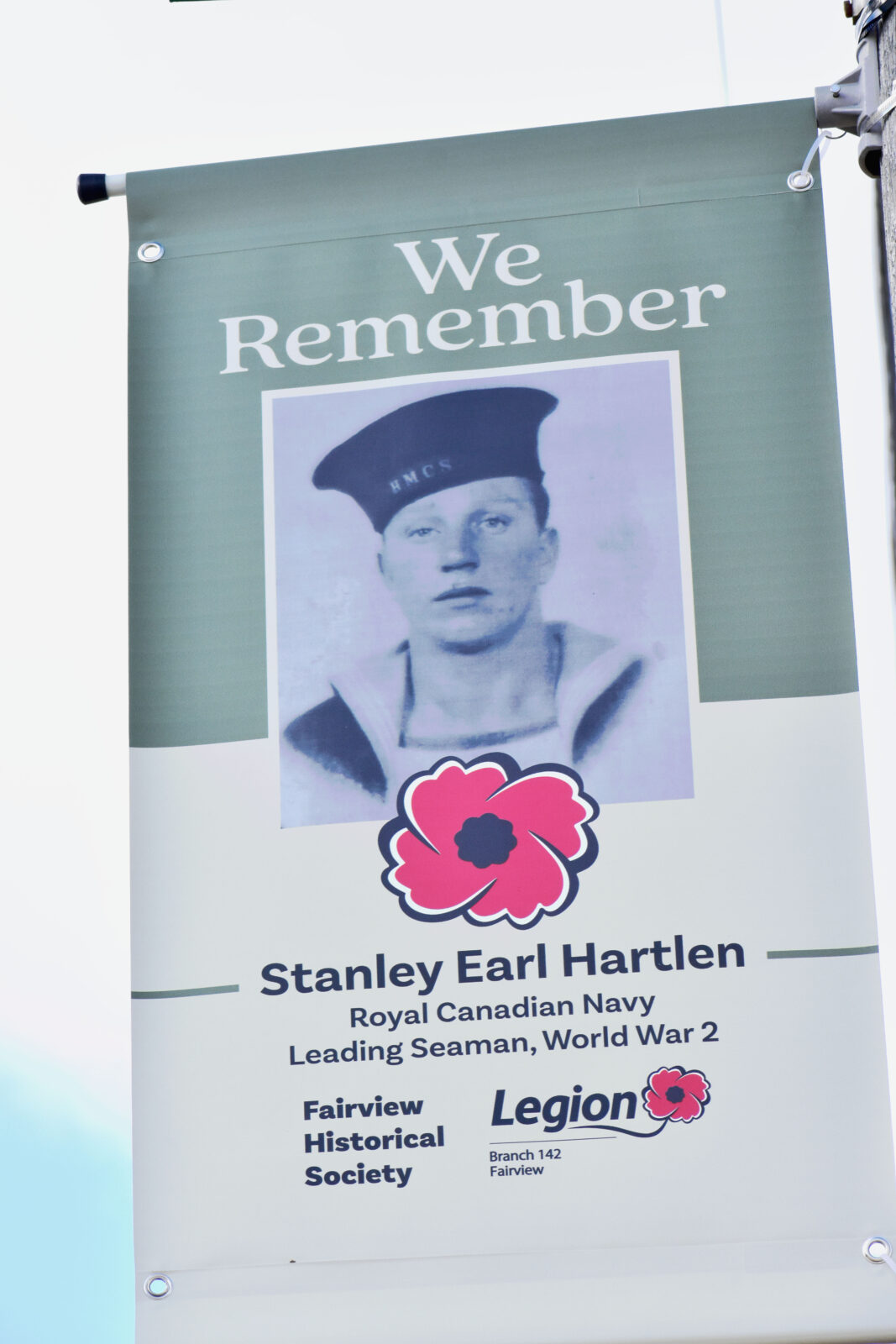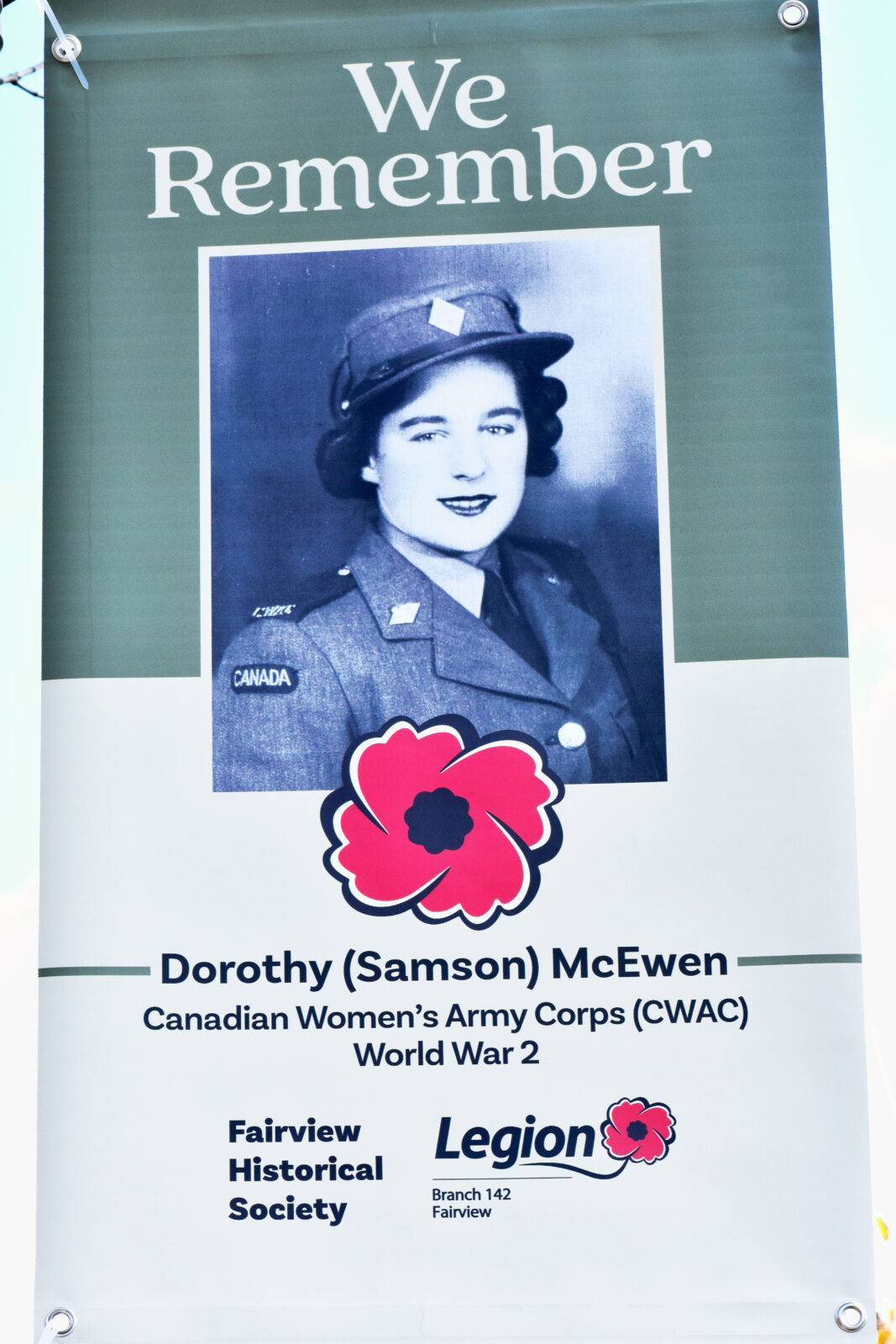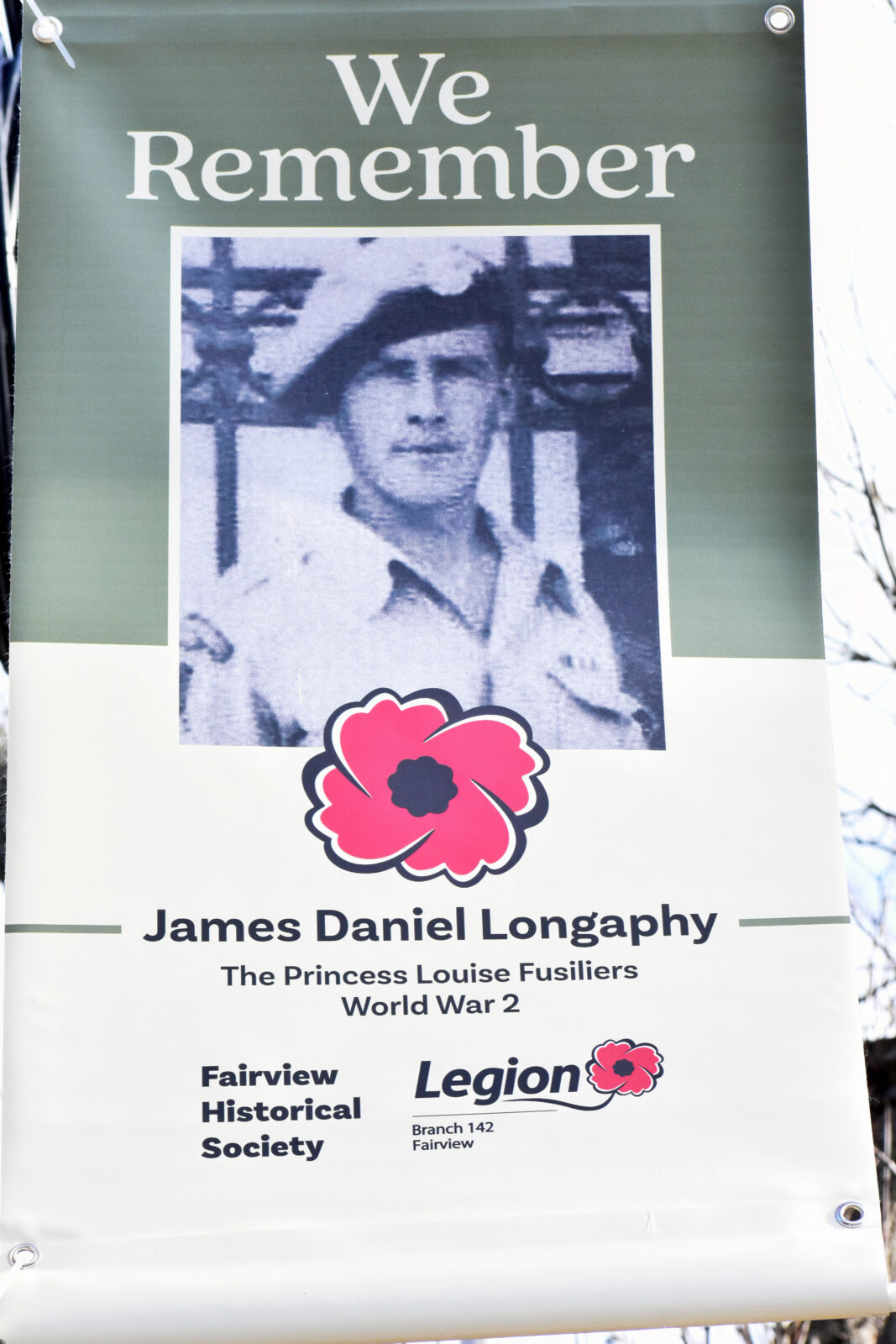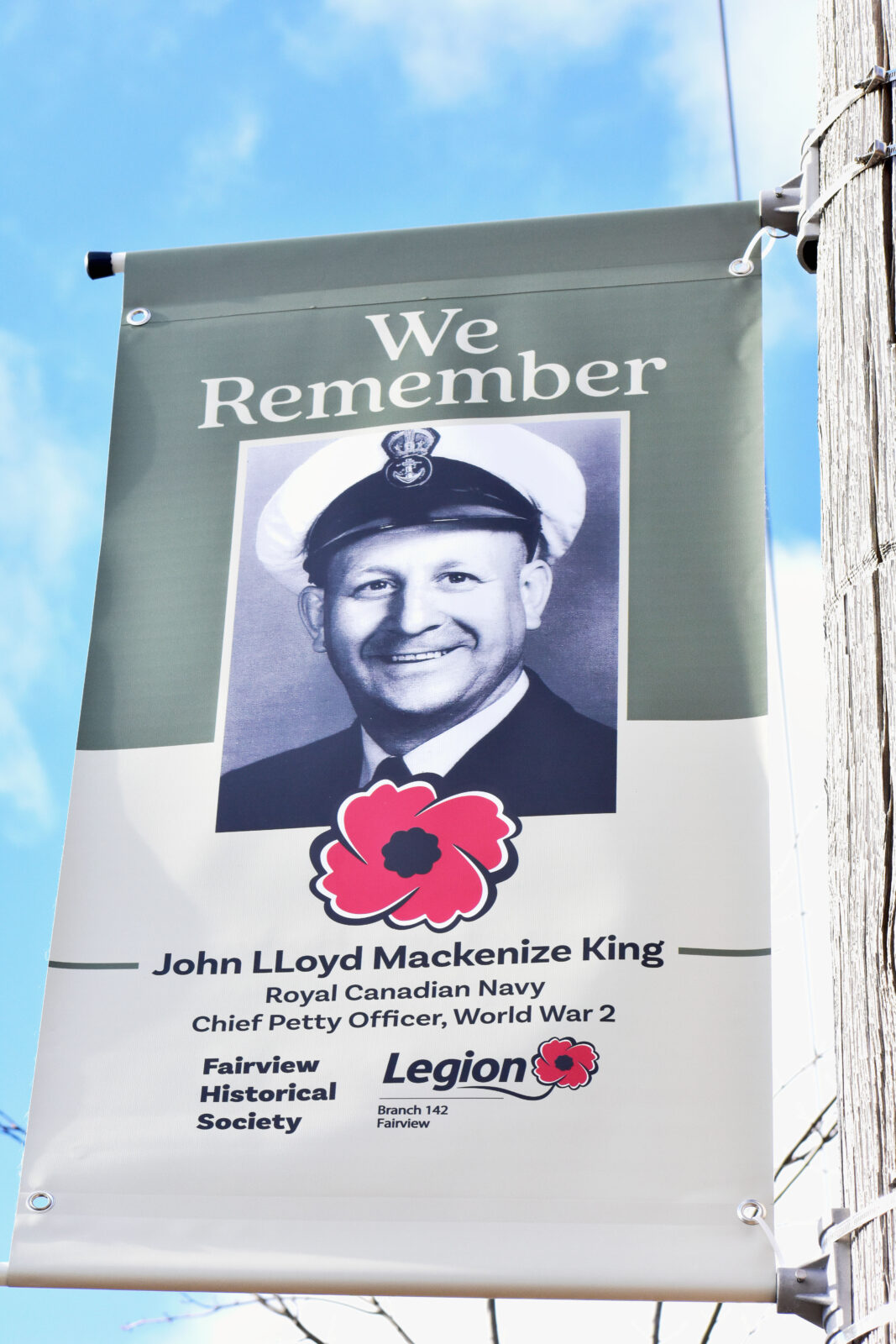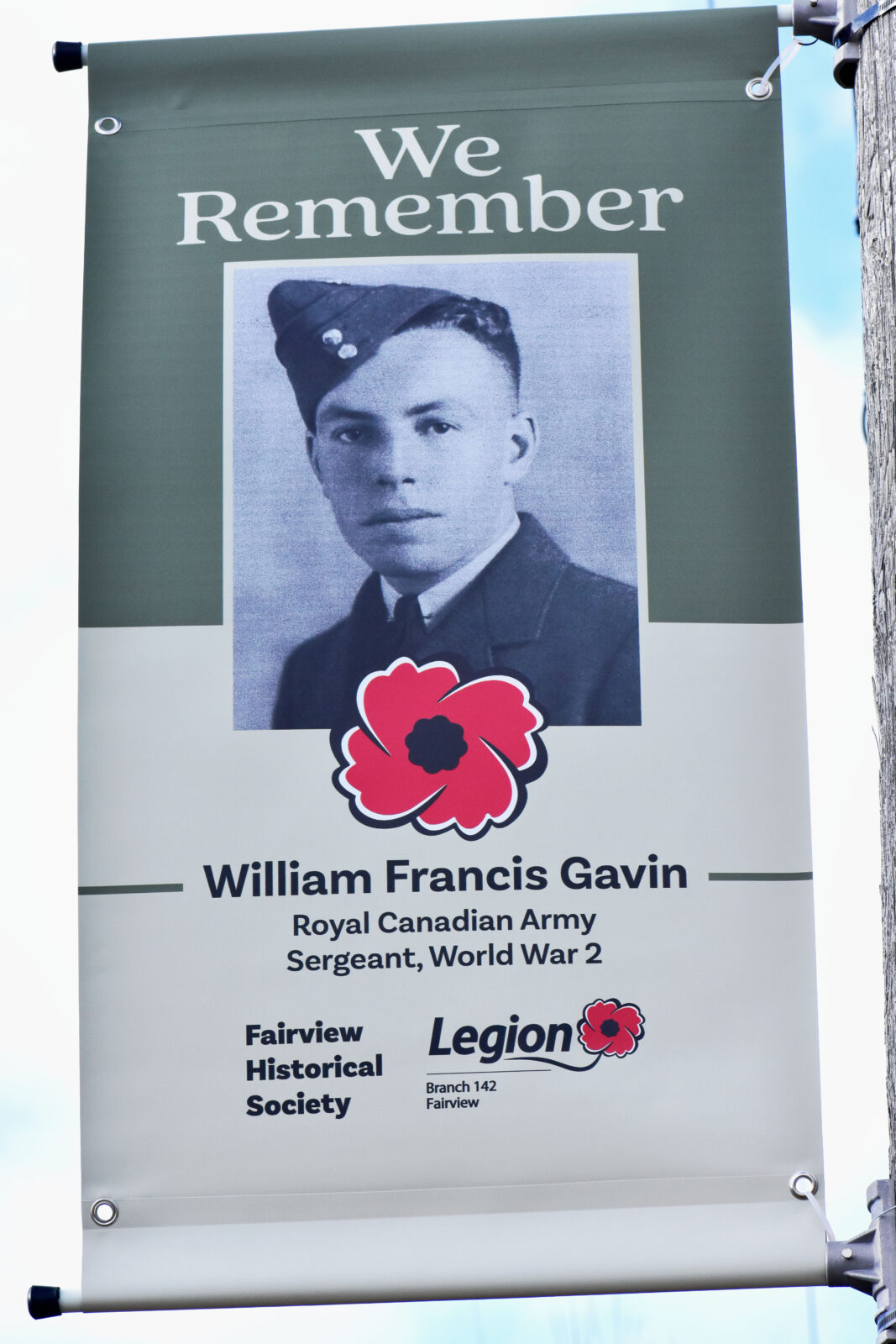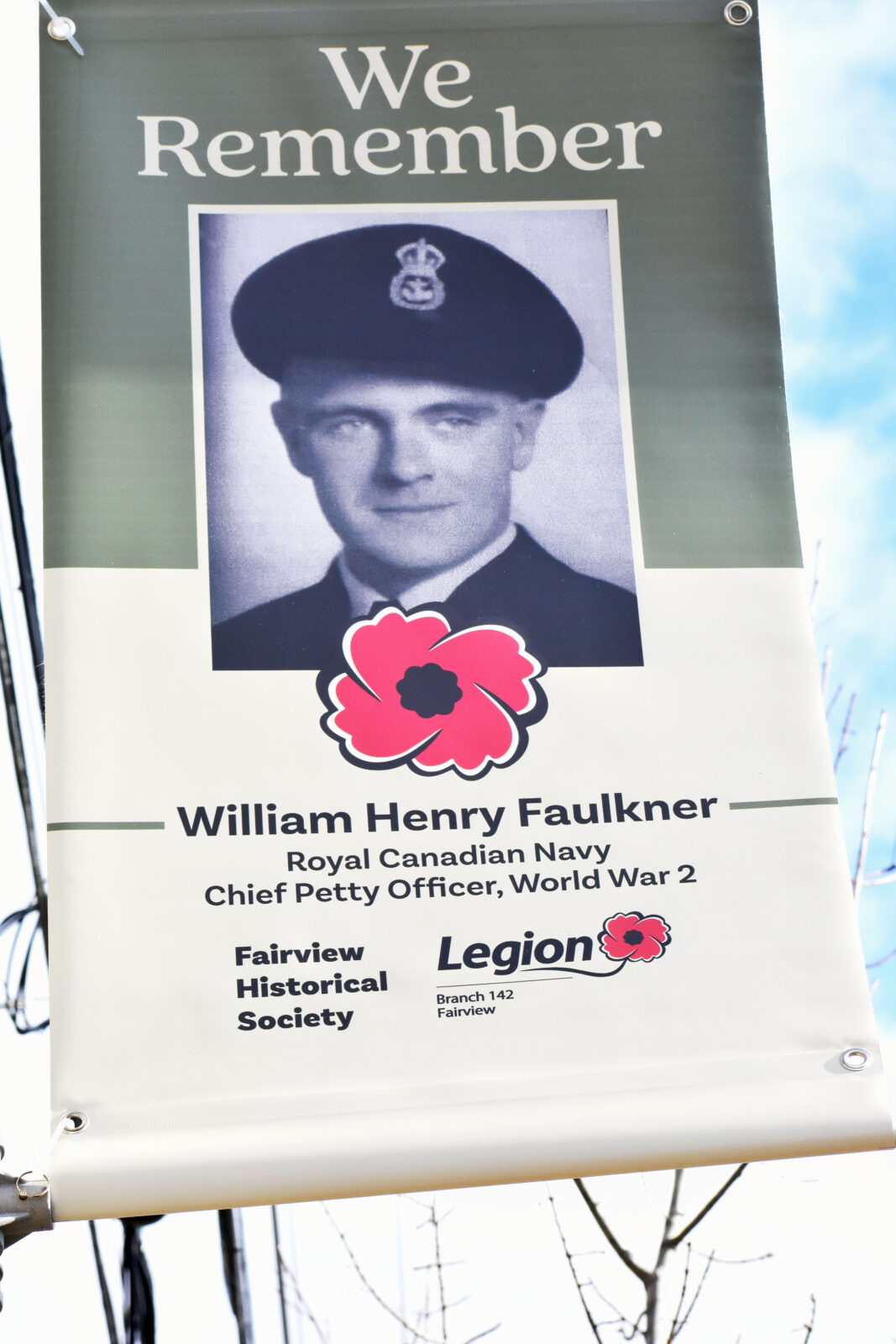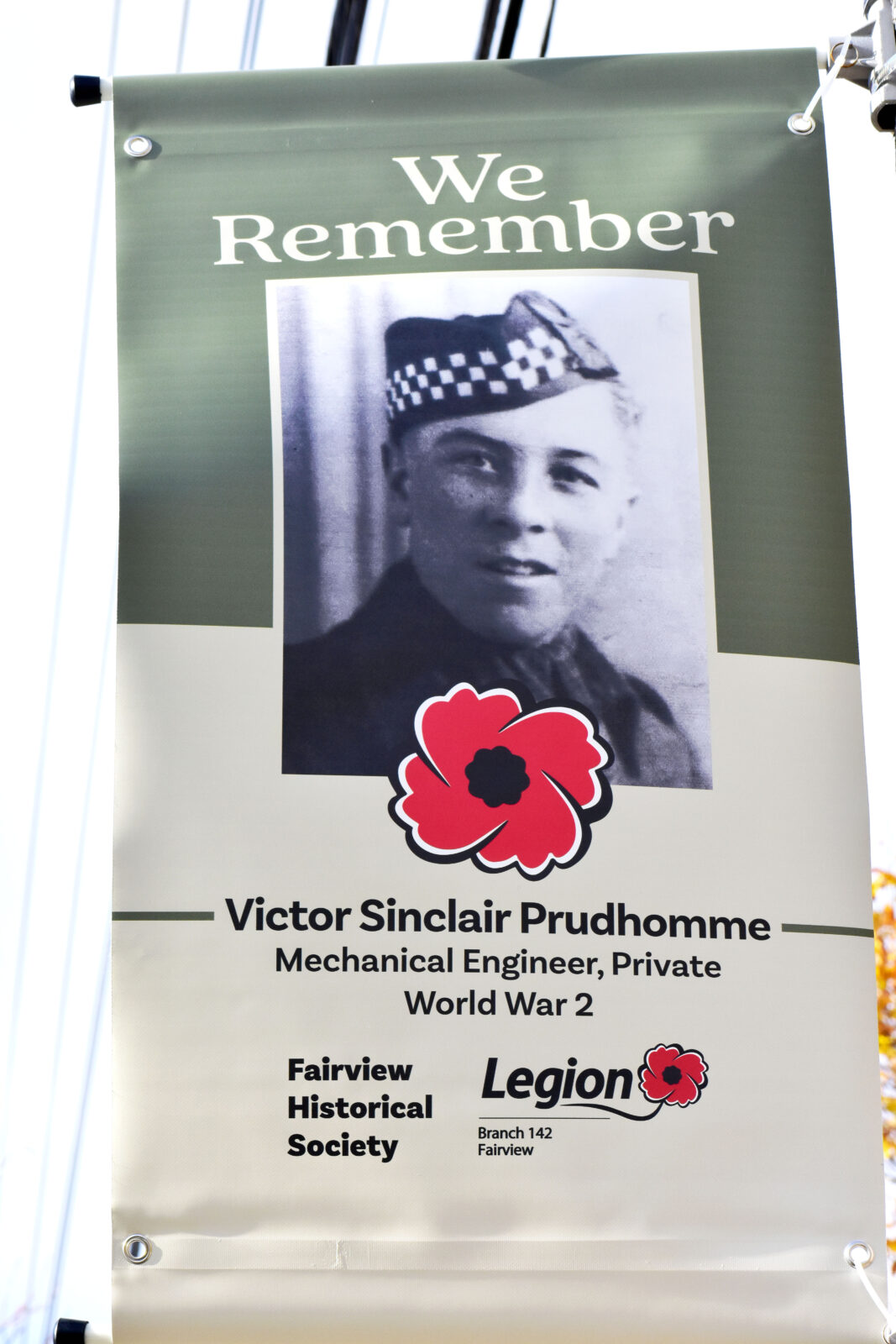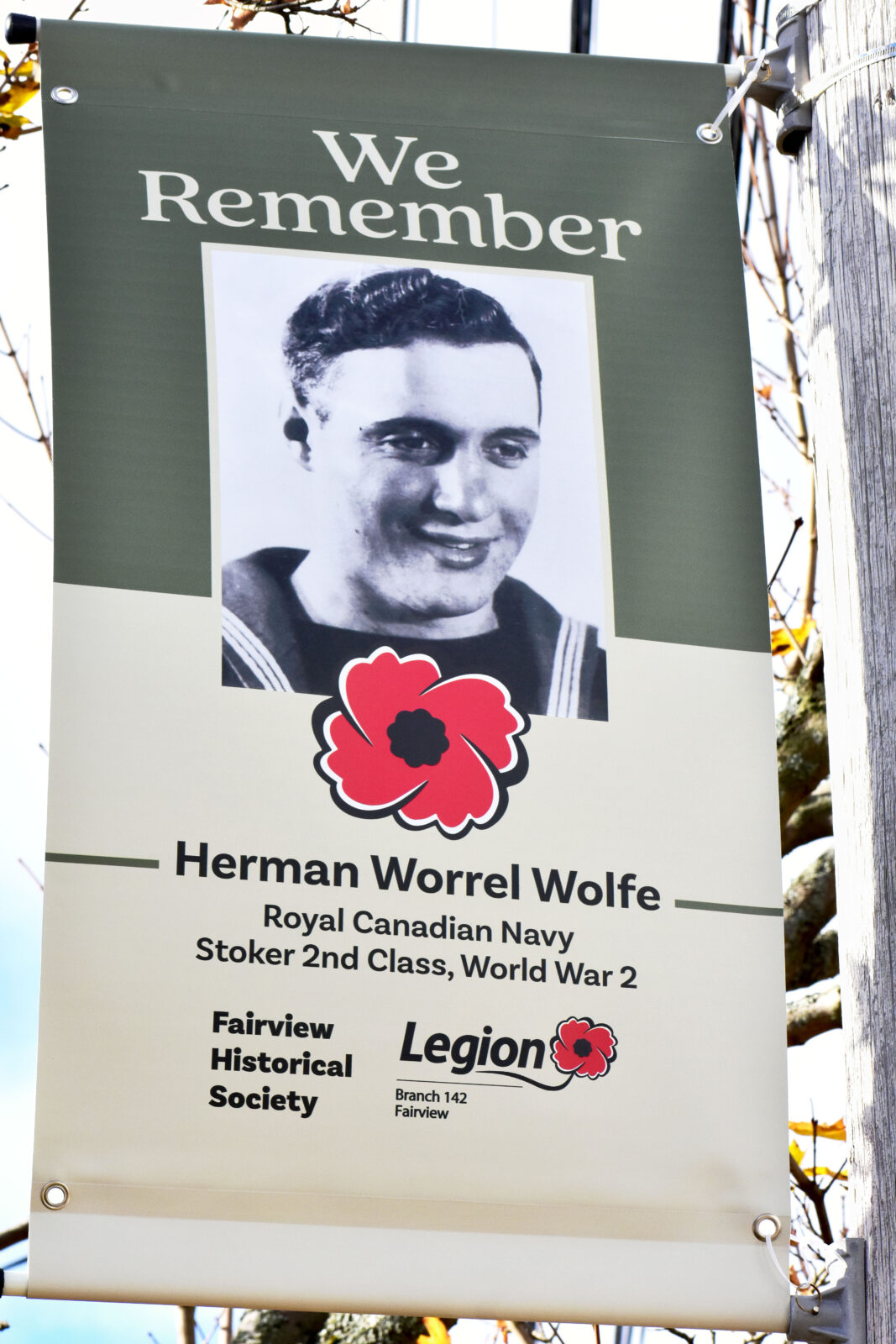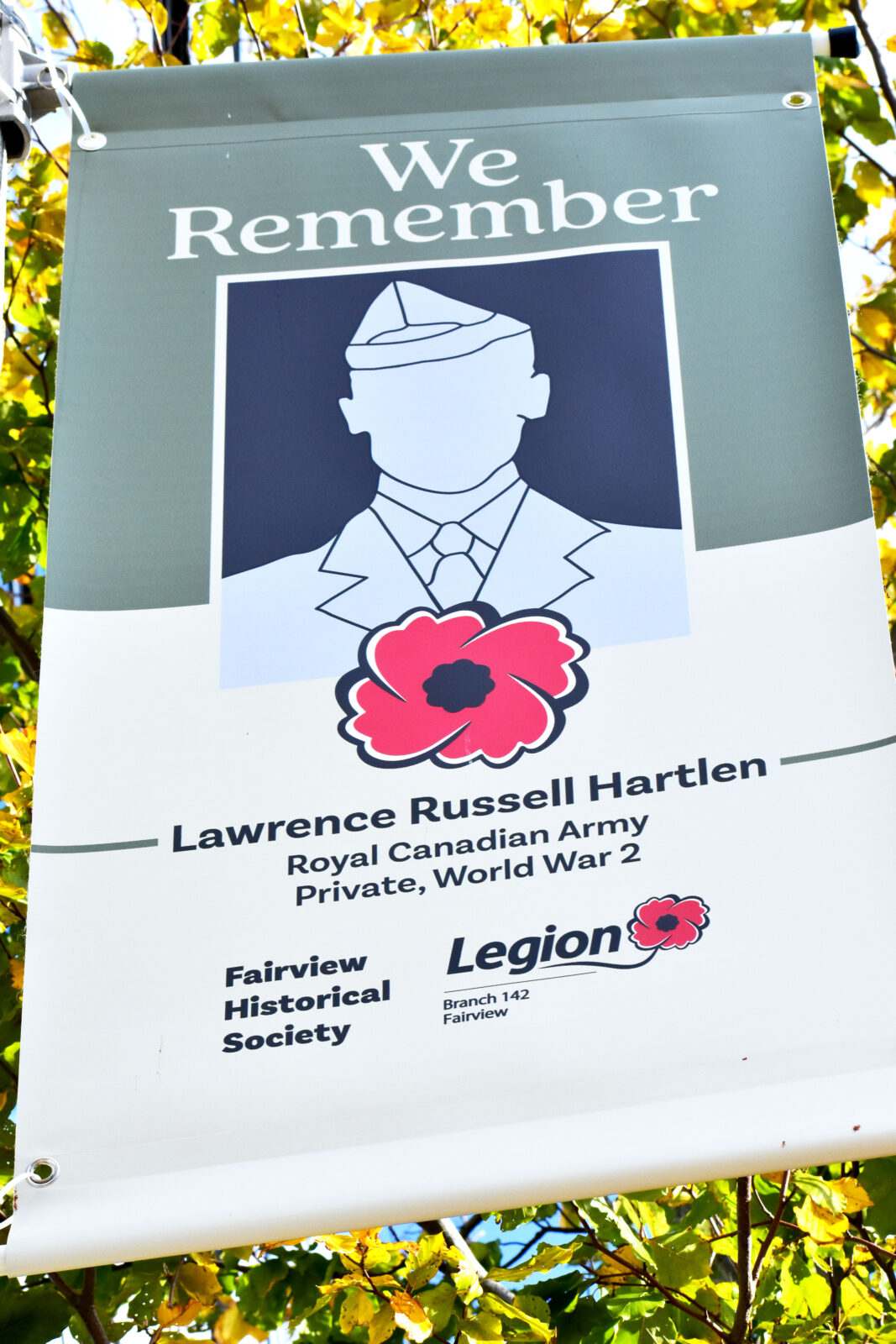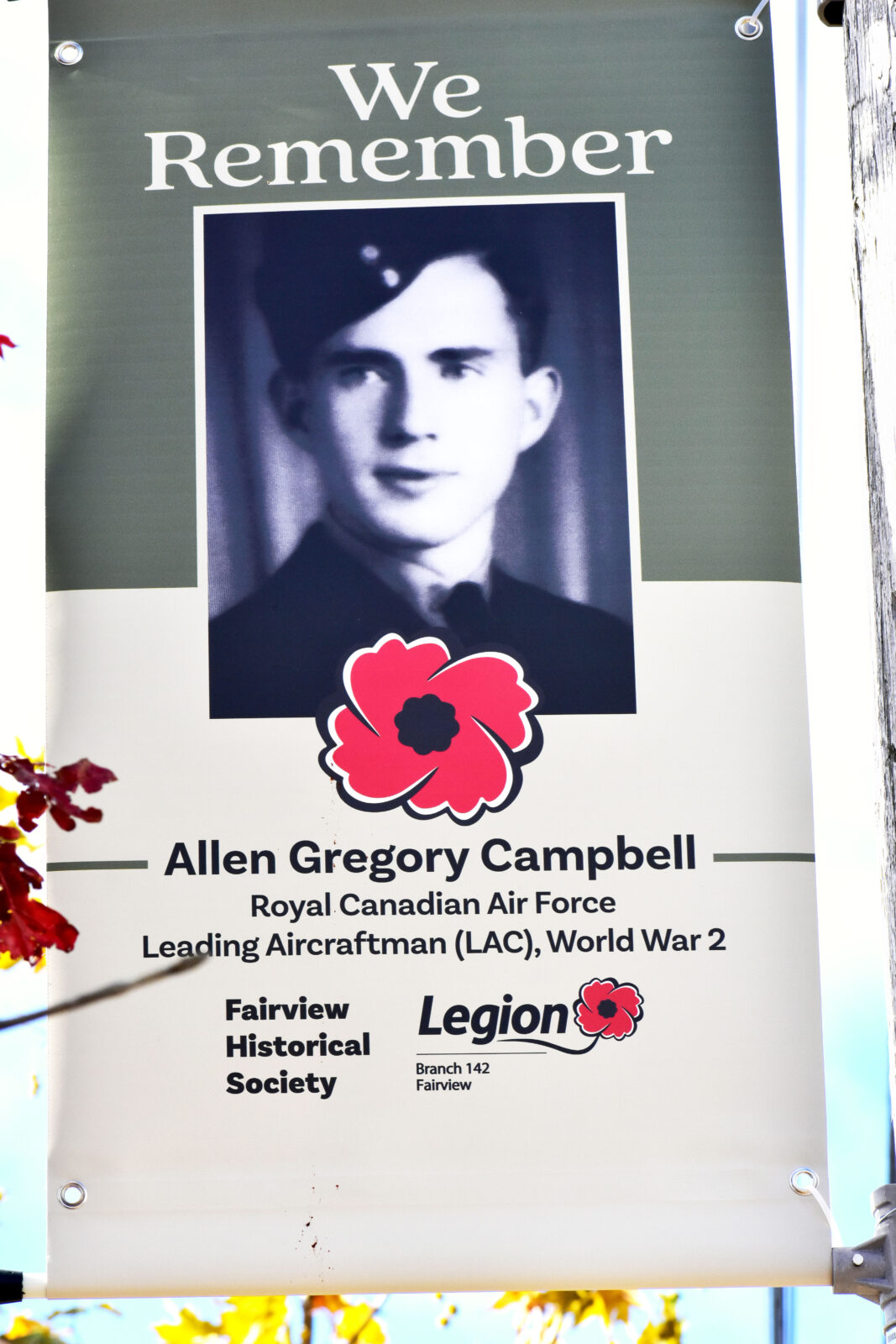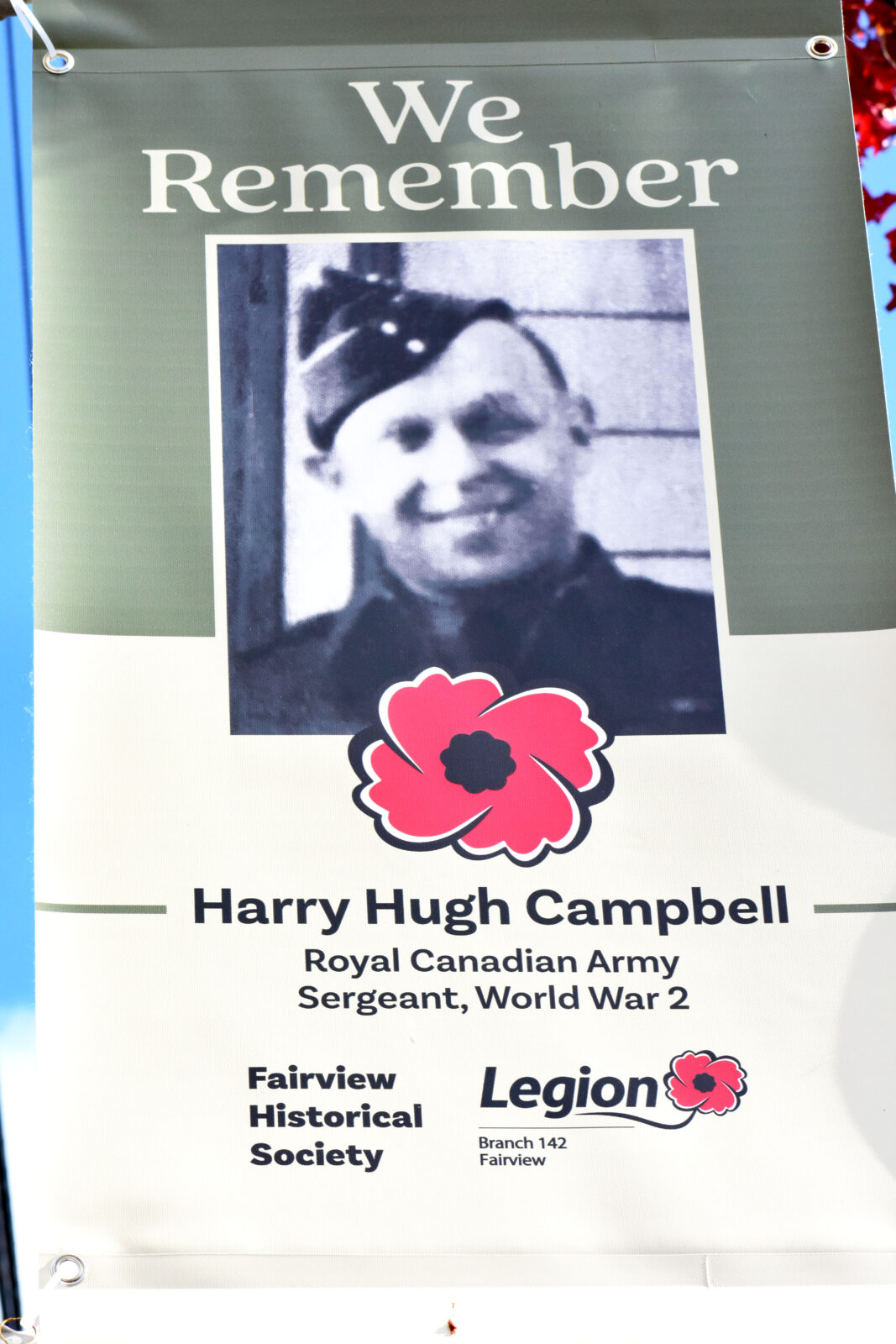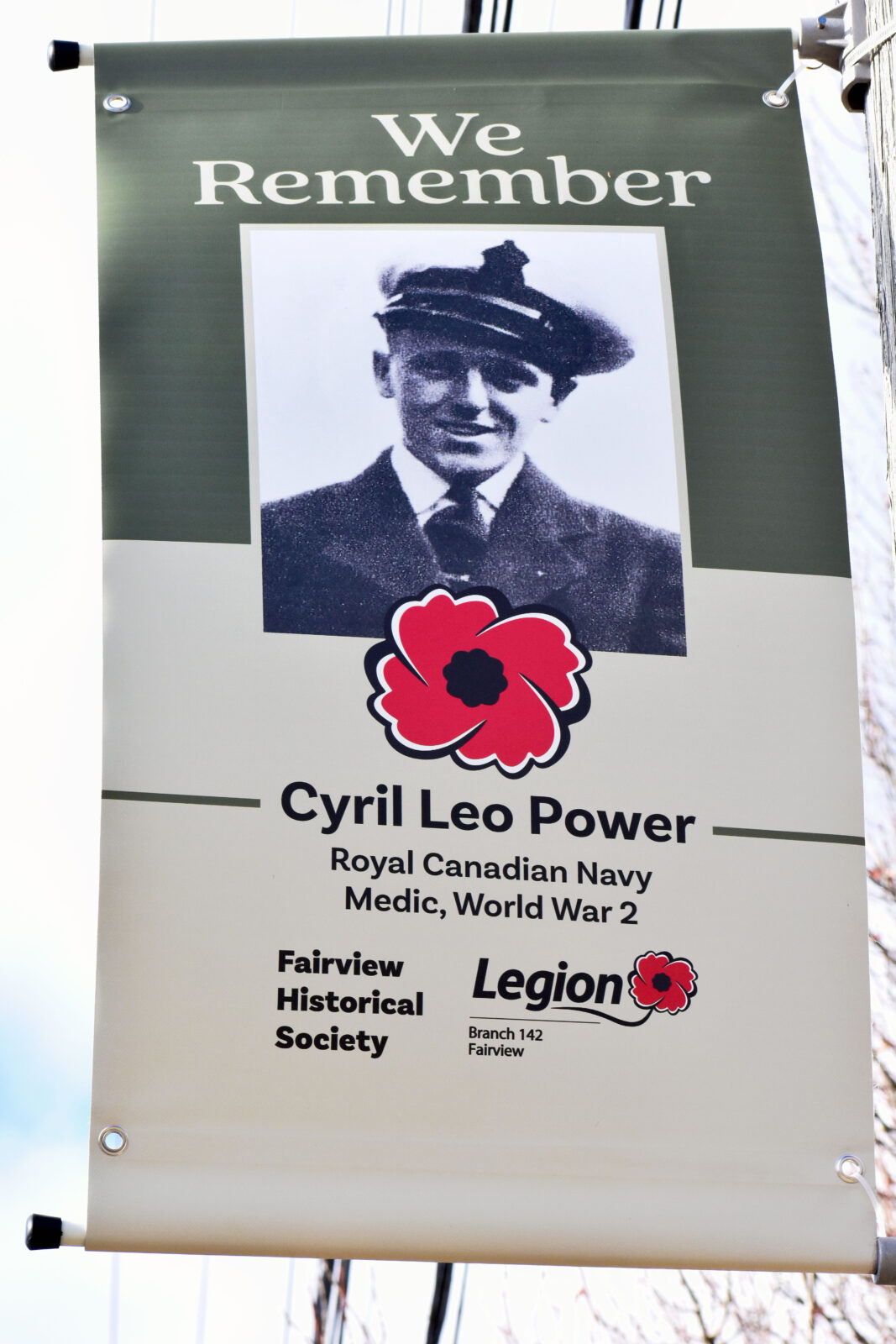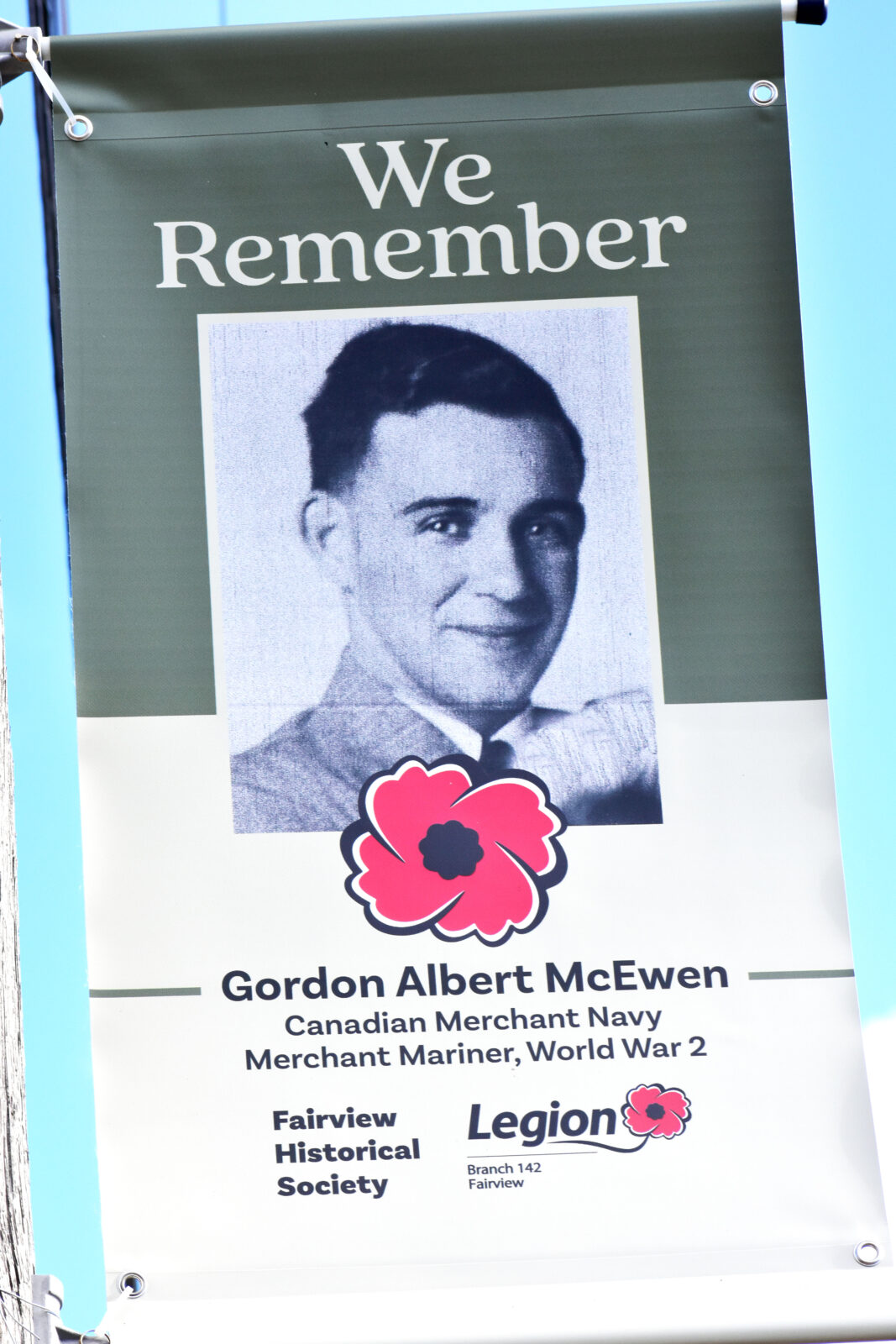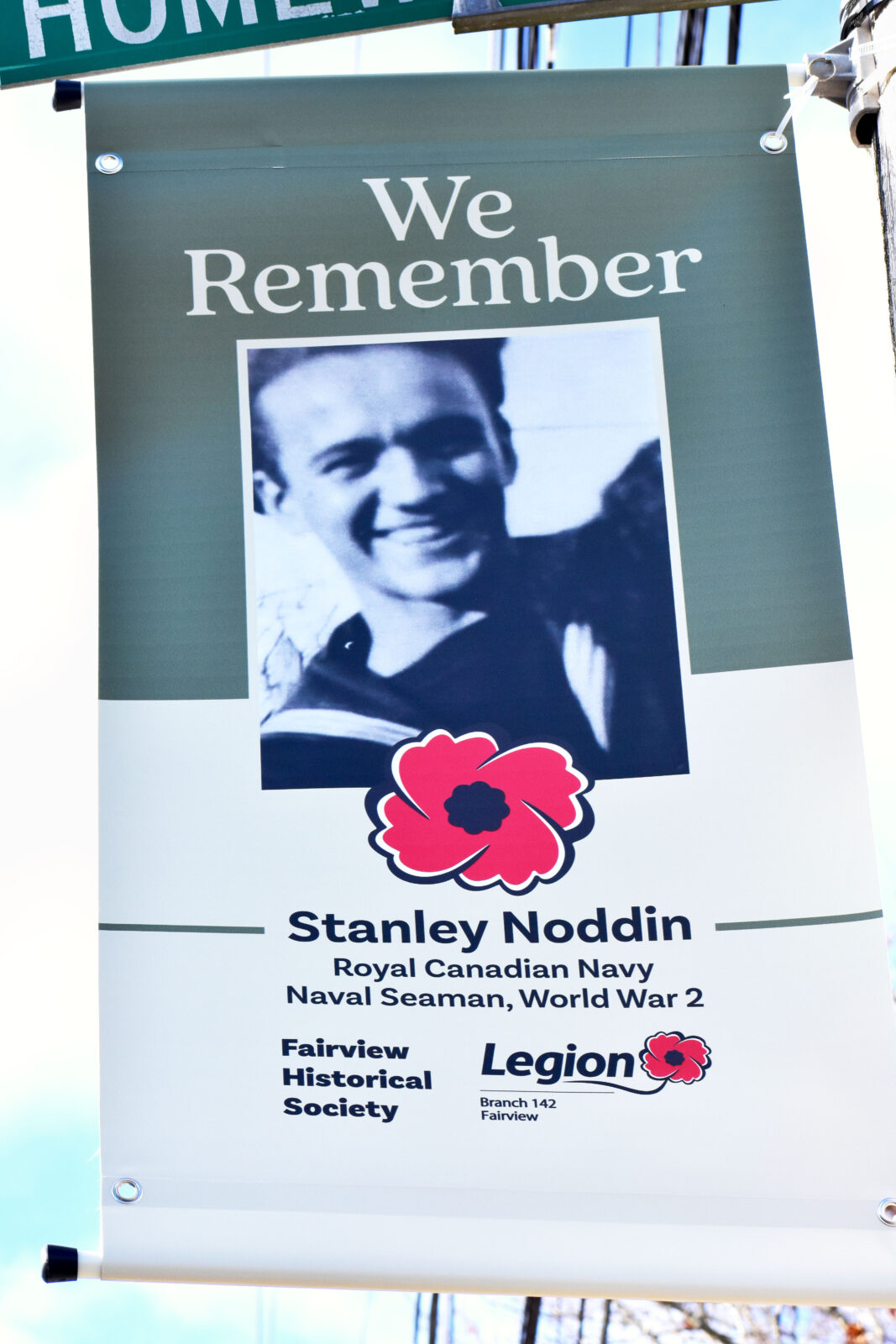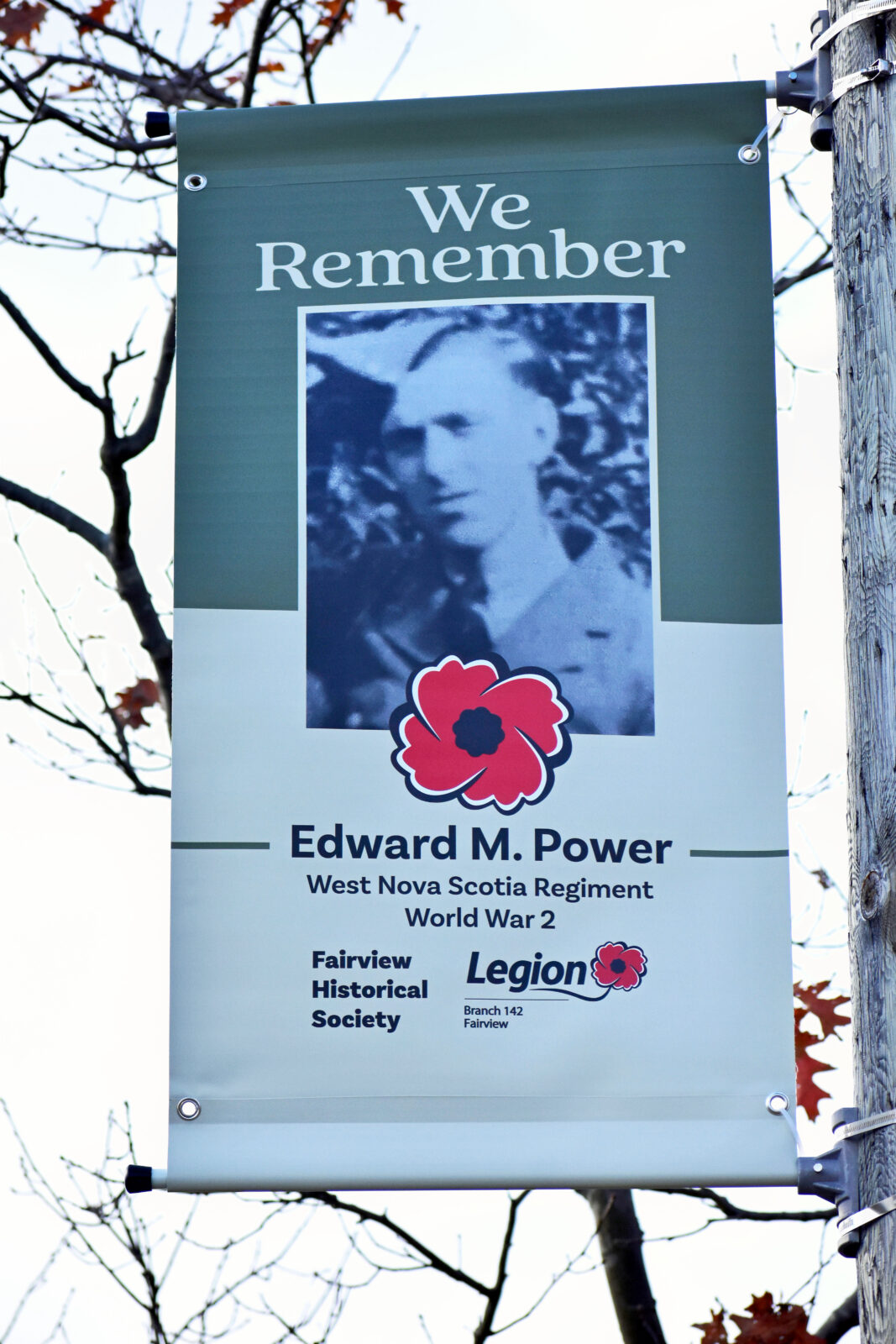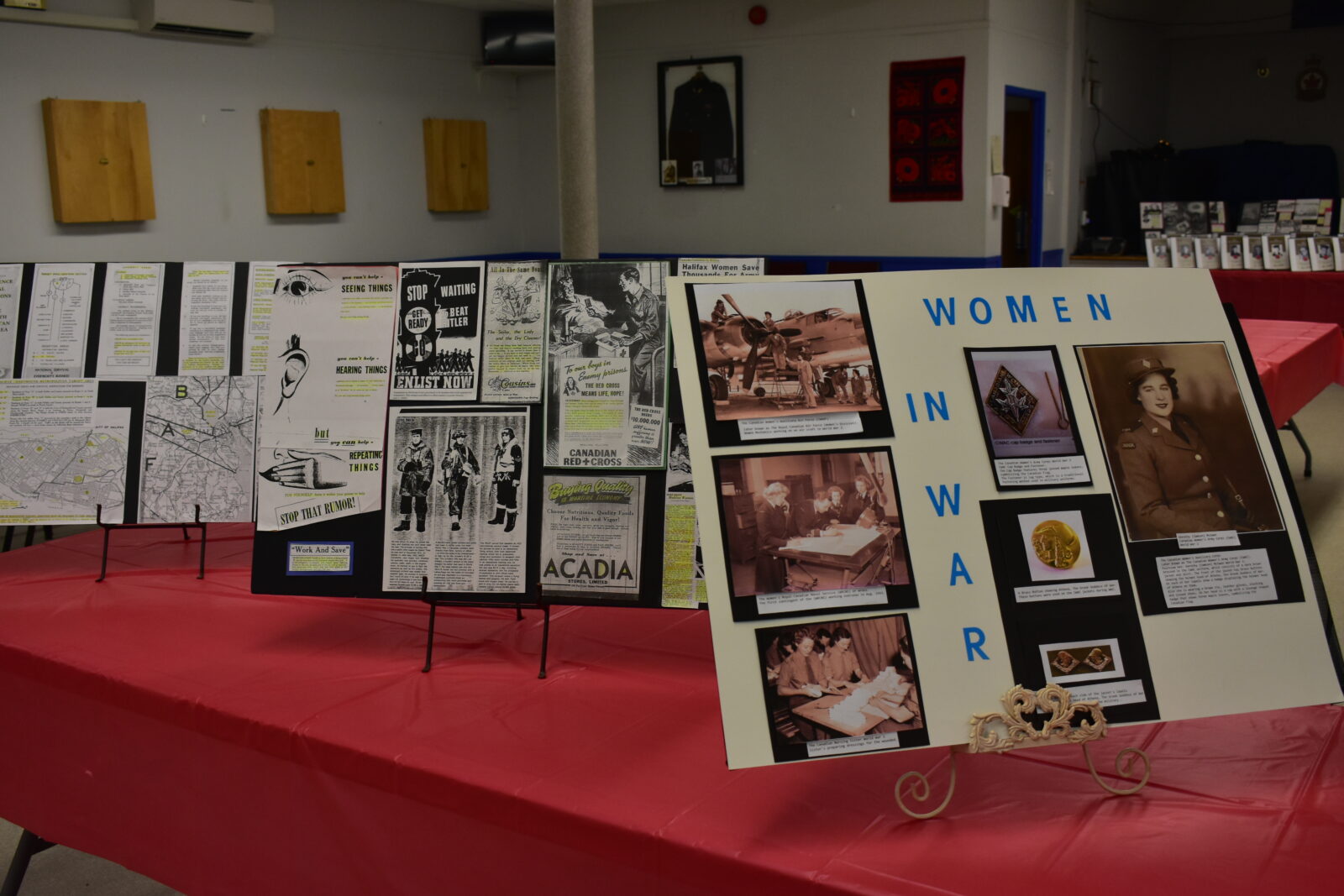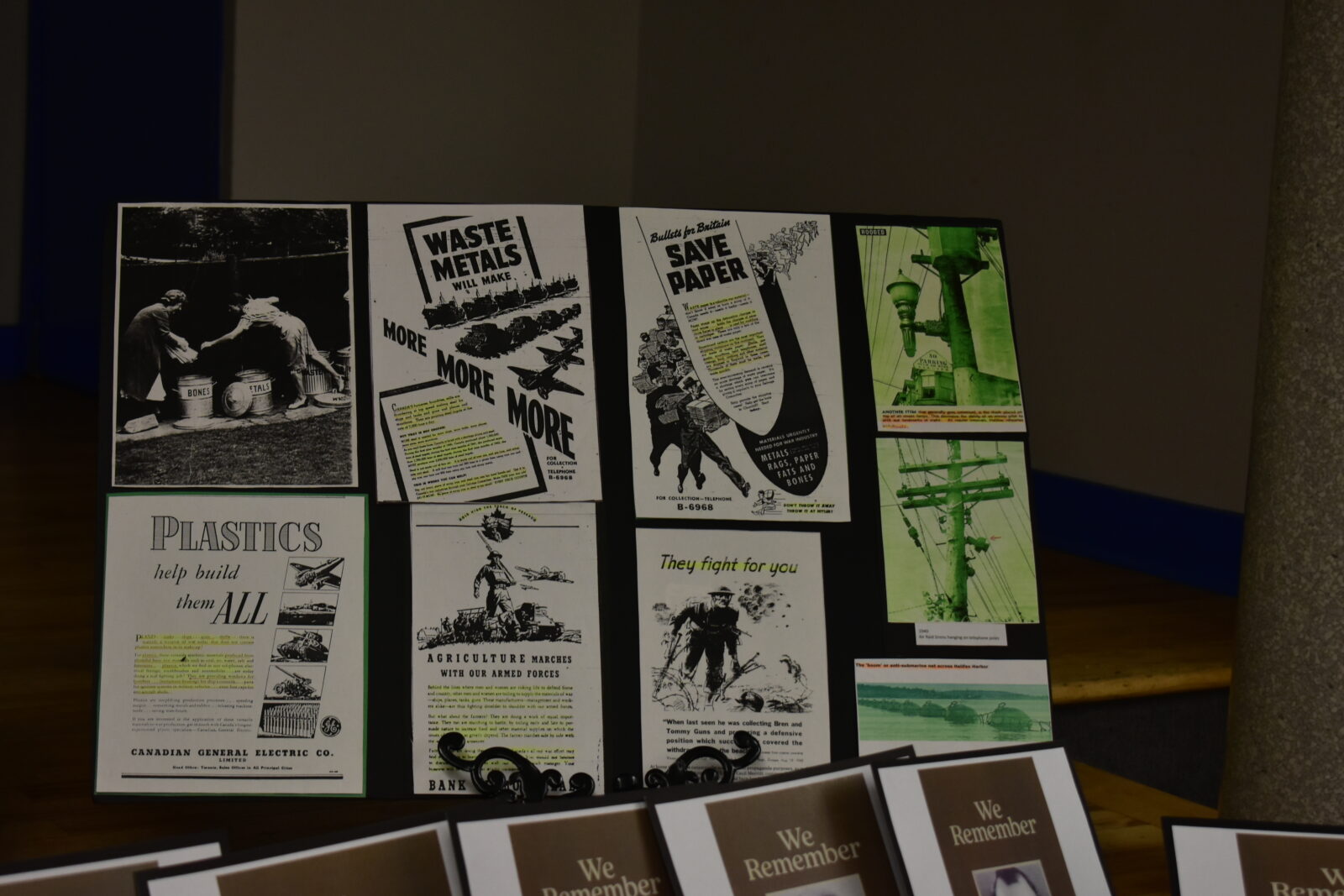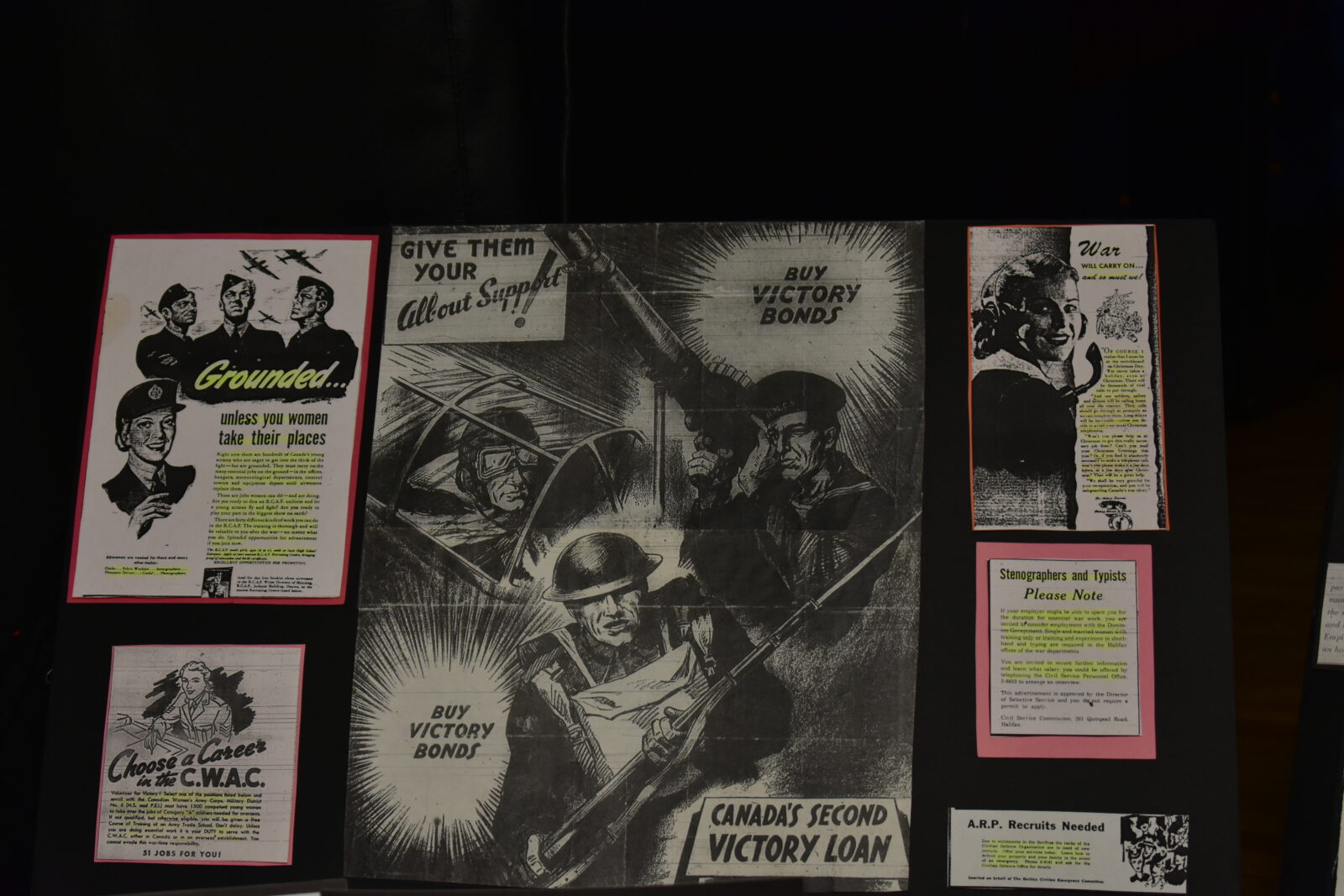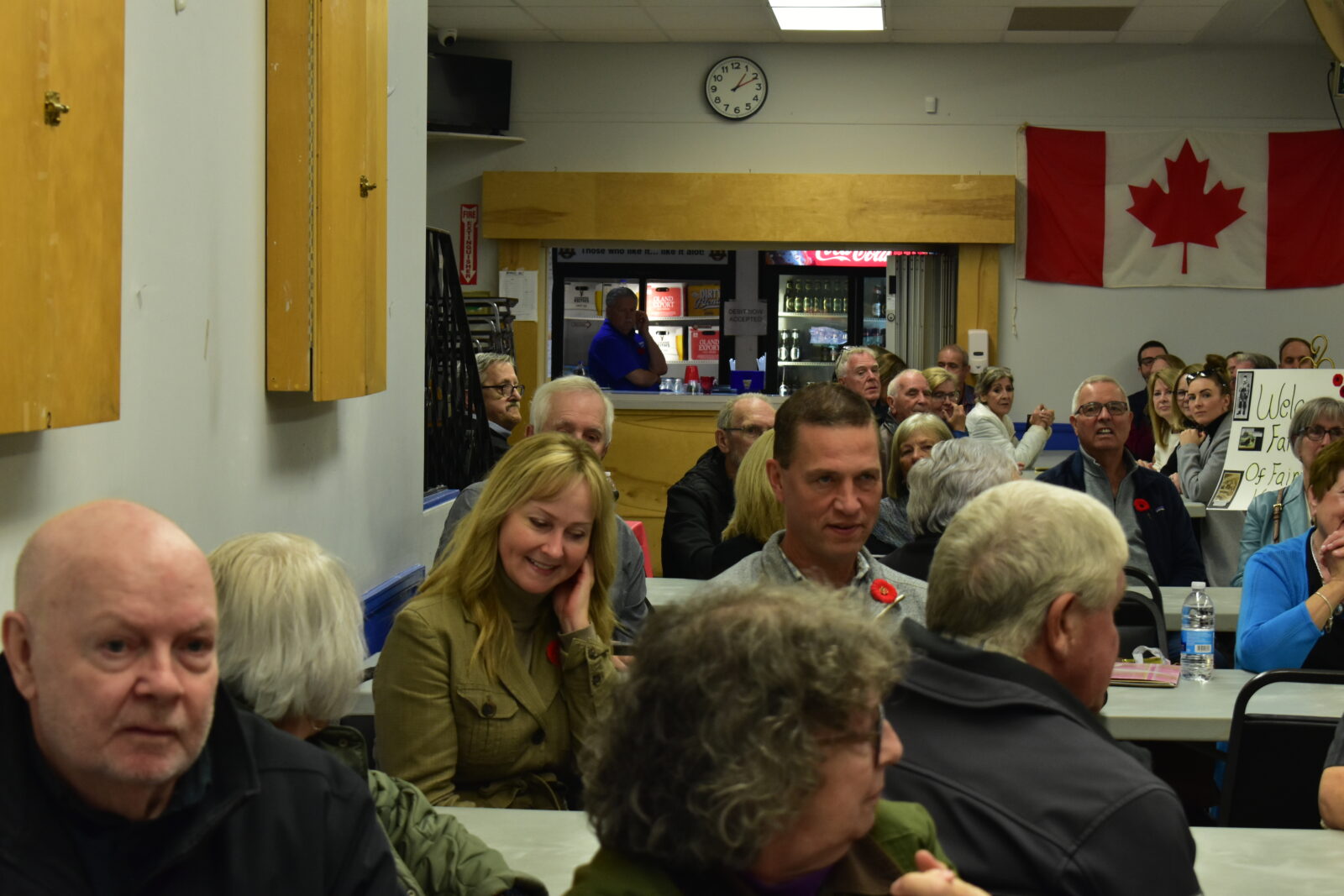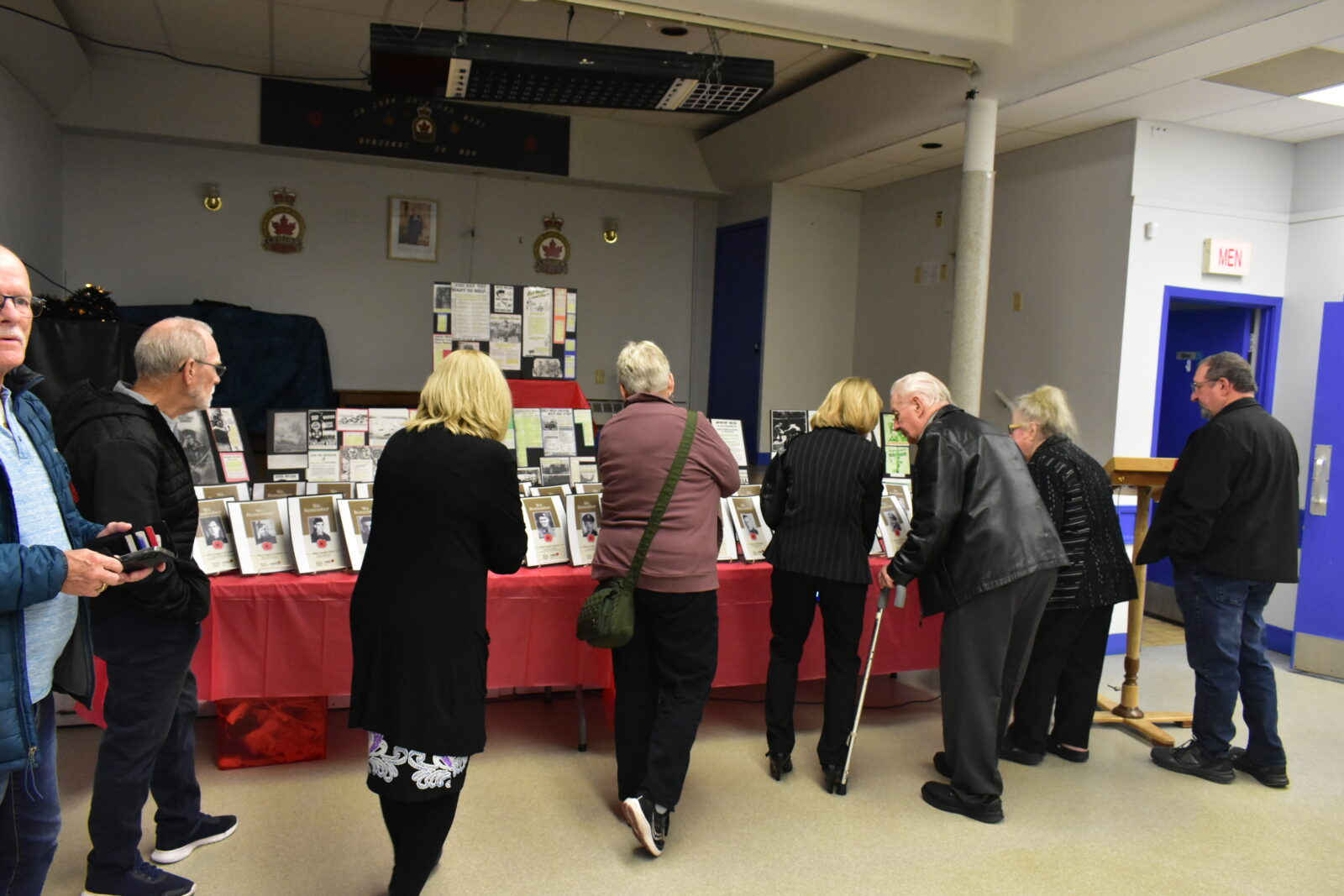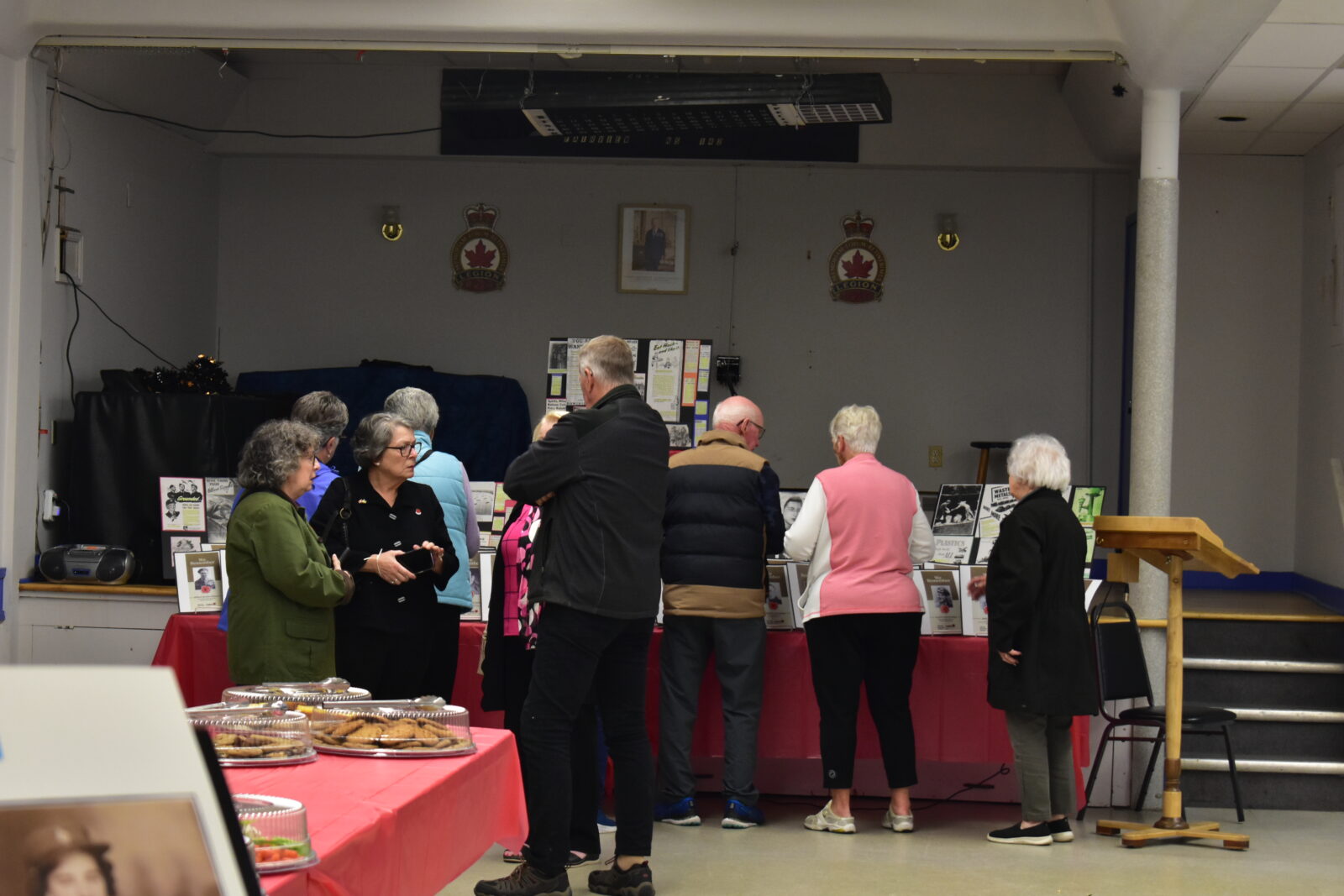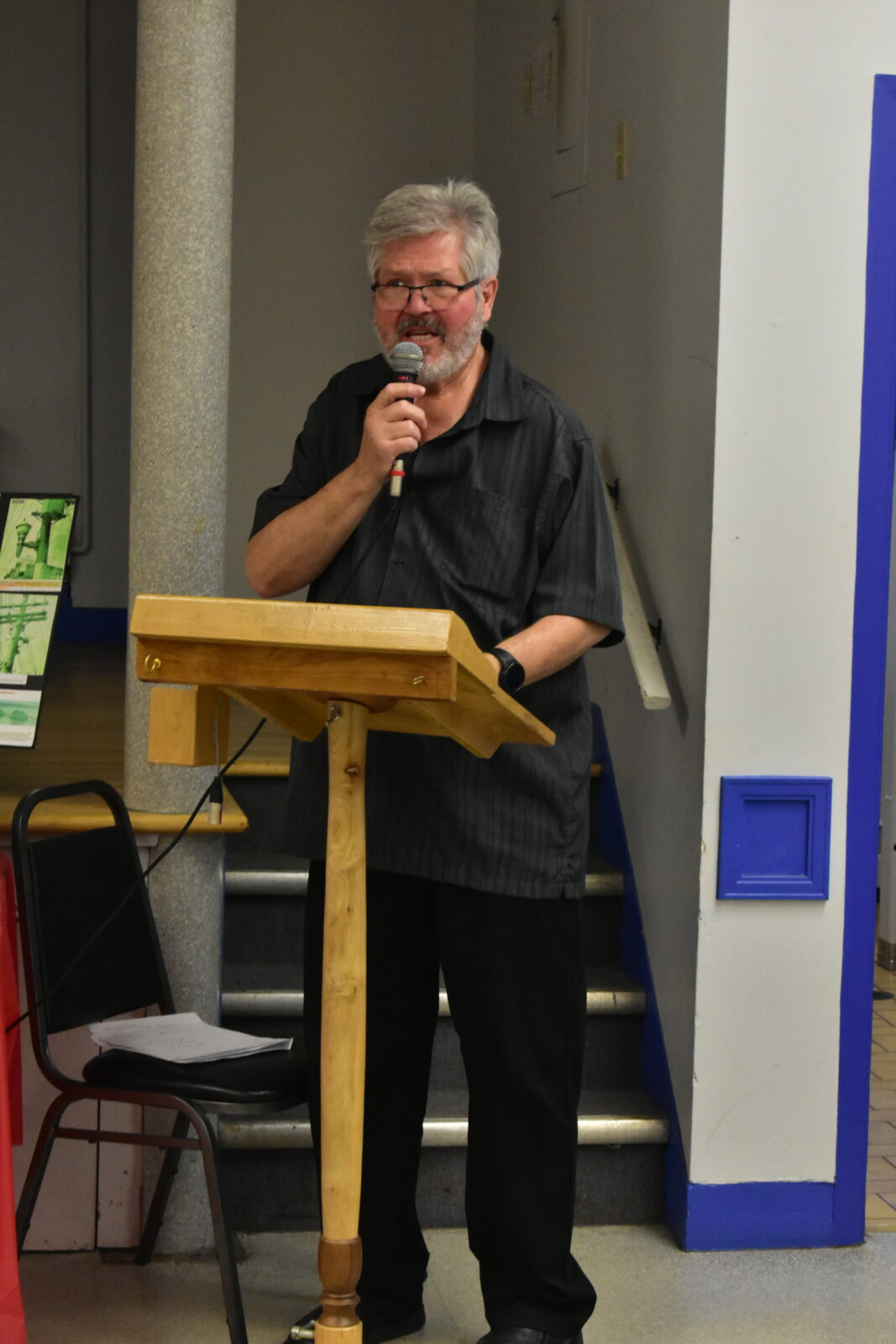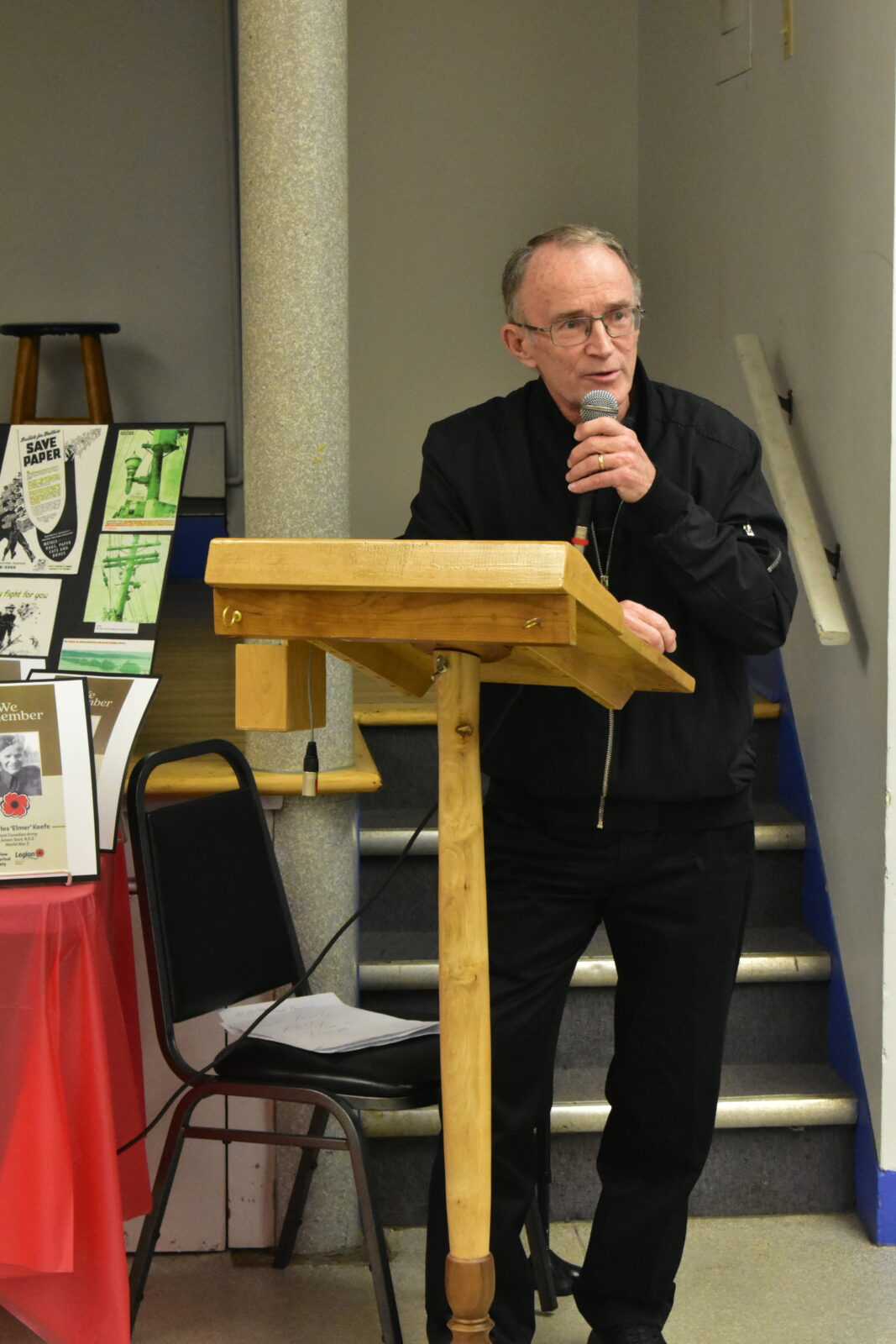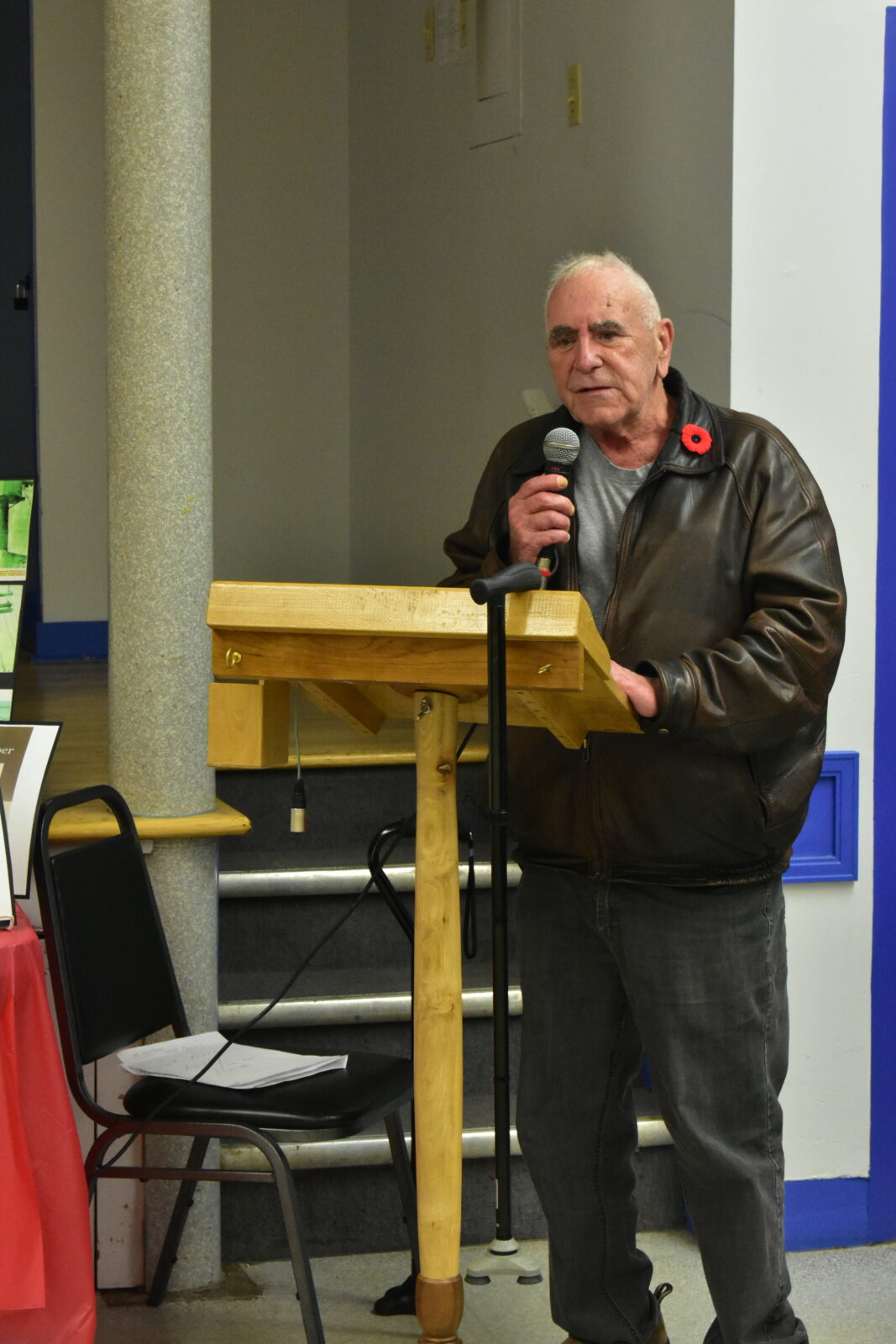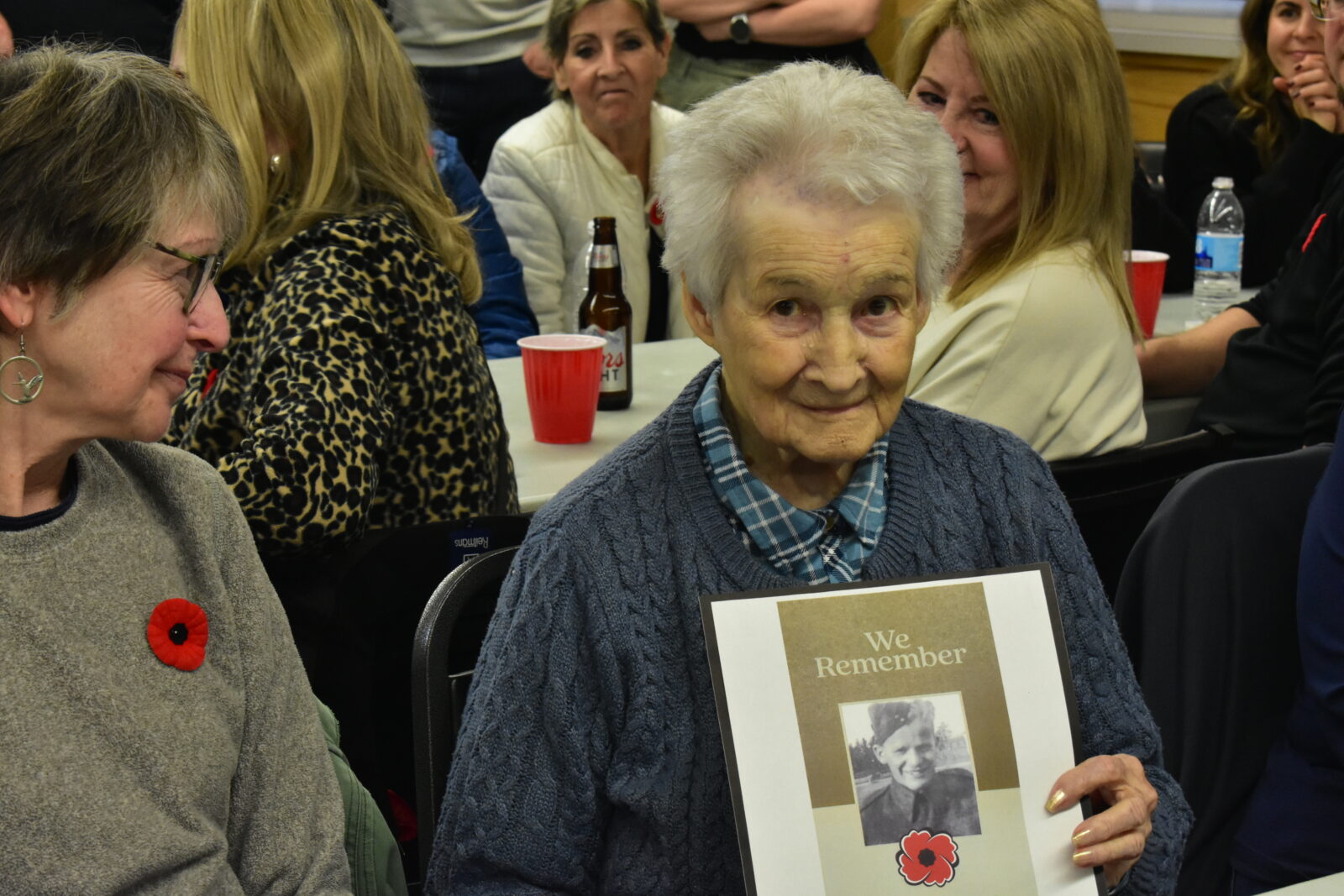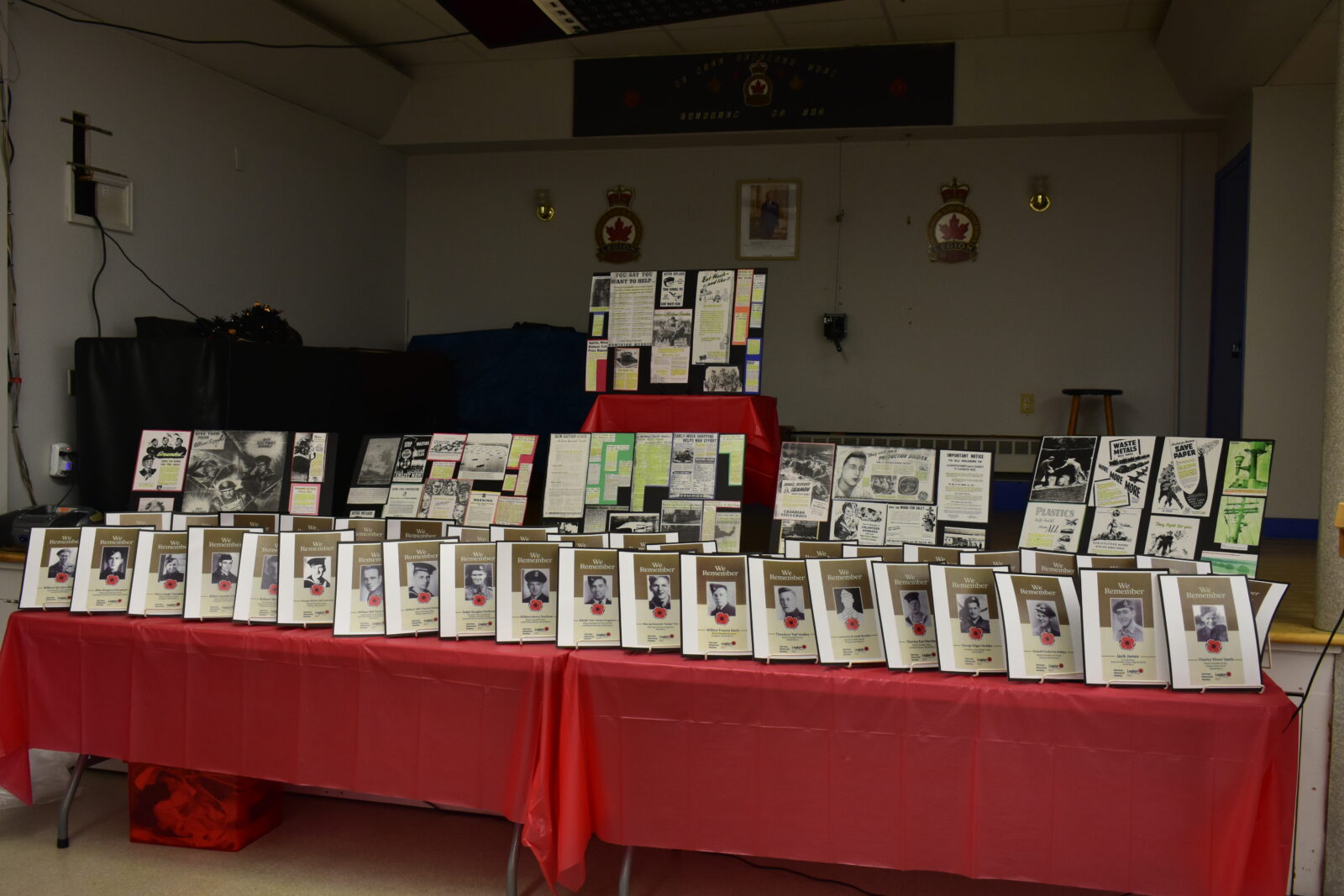Fairview Historical Society Articles Archives
Home – Articles – Videos – eBooks & PDFs – Local Authors – Sponsors – Contact
Halifax And Its Chaotic Chinese Connection
Submitted by: Devonna Edwards
The first Chinese immigrated to the west coast of Canada in 1858 to help work on the Canadian Pacific Railway. Although Chinese labourers, not immigrants were known to come here earlier for work, they always returned to China when the job was finished.
Early Chinese presence in Halifax began in the 1890s when Chinese male workers came looking for any type of work and found jobs mostly in the service industry.
In 1885 the Federal Government passed ‘The Chinese Immigration Act’ which said, “Every person of Chinese origin immigrating to Canada had to pay a fee of $50.00 called ‘Head Tax’. The Act was passed in hope of discouraging Chinese people from entering Canada. In 1900 the ‘Head Tax’ was increased to $100.00 and in 1903 the tax went up to $500.00.
Also due to the provisions of the Head Tax Legislation, Chinese men were limited to visiting China only every two years.
In 2006 Prime Minister Harper of Canada, offered a full apology to the Chinese people for the ‘Head Tax’ that was applied by the Canadian Government which was so prejudice towards them.
In 1923 the Canadian Chinese Exclusion Act was passed, which in effect stopped Chinese immigrants from coming to Canada from July 1, 1923 until 1947 and because of this many married Chinese men had to live apart from their wives and children in China. Although even before that it was unusual for the Chinese men to have their family in Canada but they didn’t forget their loved ones and always sent money home to them.
These minorities struggled to fit into Halifax society because they looked and dressed differently, also a lacked common cultural and religious background, as well as a language barrier made Haligonians suspicious of them. In the early 1920s “The Bachelor Men”, as these male Chinese men were called, formed social activities among themselves such as: The Chinese Freemasons, The Nationalist League, The Chinese Benevolent Association and The Chinese Club. Another place where they could gather was at the local YMCA where a room was given to them for their use. Chinese homes and businesses were located in busy down-town districts, on Water Steet, Sackville Street, Grafton Street, Barrington Street, Granville Street and near the train station on Hollis Streets. In the 1920s a small district near Grafton, Granville, Hollis and Sackville Streets was known as “China Town.” They opened many Chinese restaurants, cafes and laundries in this section. In 1931 there were 10,000 Chinese in Canada, most of them were male bachelors, but others were married with wives and families back in China, who were not allowed to enter Canada.
Some of these men sought romantic relationships with young Acadian women who worked for them in their restaurants or cafes. These women were mainly from rural areas, who came to Halifax looking for employment. They met, fell in love and lived in a common-law marriage with these ‘Bachelor Men’ and as a result had children with them, but only in very rare cases the Chinese men married them. When the Canadian Chinese Exclusion Act was finished in 1947 and the families of the ‘Chinese Bachelor Men’ in China were now allowed to join them in Canada, the men asked their new family in Halifax to leave. Many of the women took their children and arrived back in their small villages, but most were cast out by their families due to their unmarried status, although some families took in the children but not the mother. Some of these children were sent to orphanages, because their mothers could not support them and there was no such thing as Social Assistance to help them at that time. The cast-away children of these heartless men couldn’t understand why their fathers no longer loved and cared for them and many have emotional scars to this day. “A Tragic Time in Nova Scotia History!”
The Chinese businessmen opened laundry shops, cafes and restaurants in the city while others found employment in farming, grocery, tailoring or operating boarding houses. One of Halifax’s first Chinese Laundry was the Wah Kee located on Duke Street, owned by the Fong family. Mary and Lloyd Ling were the first Chinese farmers in Nova Scotia, their farm overlooked Africville in the North End of Halifax, across from the old Rockhead Prison, they had previously farmed in New Glasgow. In 1895 Halifax’s Directory noted four Chinese Laundry businesses and by 1905,there were 28 laundries along with one tea dealer and one restaurant, but by 1919 there were 20 Chinese restaurants. Many laundries were located next to hospitals, because they specialized in starching nurses caps, uniforms and other clothing. By the late 1960s-1970 there wasn’t as many laundries in business but there were still a few operating and I always brought my caps to them to wash and starch which they did to perfection.
I remember when the Princess Restaurant opened in Fairview on Dutch Village Road, it was owned by Wilson Doo Hee Hum.
My sister Colleen decided to drop in there for supper on her way home from work at our dad’s pharmacy (O’Brien’s) a few doors away. The waitress couldn’t speak or understand English very well and misunderstood my sister’s order. Colleen ordered several choices from the menu but when the food arrived at her table it came by the platterfuls. She sat there by herself at a candlelit table, surrounded by delicious food and couldn’t enjoy any of it, because all she could think about was how she was going to pay for it all. She had to make an emergency call to our father to come and pay the bill . We still chuckle about it today.
In February 1919, just months after the World War 1, animosity over the Chinese population came to a head when returning soldiers, joined by locals rioted for two days. Stress spiked due to Halifax’s poor housing situation, unemployment and frustration with the growing number of Chinese opening business made these Chinese immigrants scapegoats. Rioters damaged six Chinese restaurants and several laundries, mobs smashed glass windows, broke into the businesses wrecking and stealing everything in their path. On the second night of rampage, which started at 10 PM and lasted for several hours, over a hundred people were sent to the hospital, a result of a fierce encounter between police wielding clubs and hoodlums in down-town Halifax in the area where Scotia Square is today. That night several hundred soldiers and civilians destroyed ten shops along Gottingen, Buckingham and Barrington Streets, and it was there the mob broadened their scope, destroying not just Chinese businesses but every business in their path.
These Chinese business received no compensation for their losses from the city of Halifax and had to start over.
The local Chinese community were not easy discouraged and rebuilt their businesses, but through all this discrimination they continued to donate to different Halifax institutions such as hospitals.
The earlier ‘Chinese Bachelors’ were not without their vices, they loved to gamble and some heavily. One popular ancient game they played was called ‘Fan Tan’ and another was called ‘Mahjong’. Gambling was illegal at this time and many a Chinese restaurant and laundry were raided. In 1919 a gambling house in a Chinese restaurant on Sackville Street was raided and 23 were arrested. Many smoked opium and the Chinese controlled most of the opium coming into the city, in 1922 there were twelve convictions for ‘Breach of Opium and Drug act’ and one for ‘smoking opium’, of the twelve arrested only two were not Chinese. The police raided many Chinese ‘opium dens’ during that time, such as in August 1929 a grocery store was raided where they discovered an ‘opium den’ and collected opium, pipes, lamps and whisky. A few months later the police forced their way into a Chinese laundry and found a ‘den of infamy'(going full blast) in the heart of the city on Granville Street and fourteen Chinese were charged with smoking opium and breaching the Opium and Narcotic Drug Act.
Today that part of history remains in the past and the Chinese people have become a welcome addition and a valuable part of Halifax’s society.

